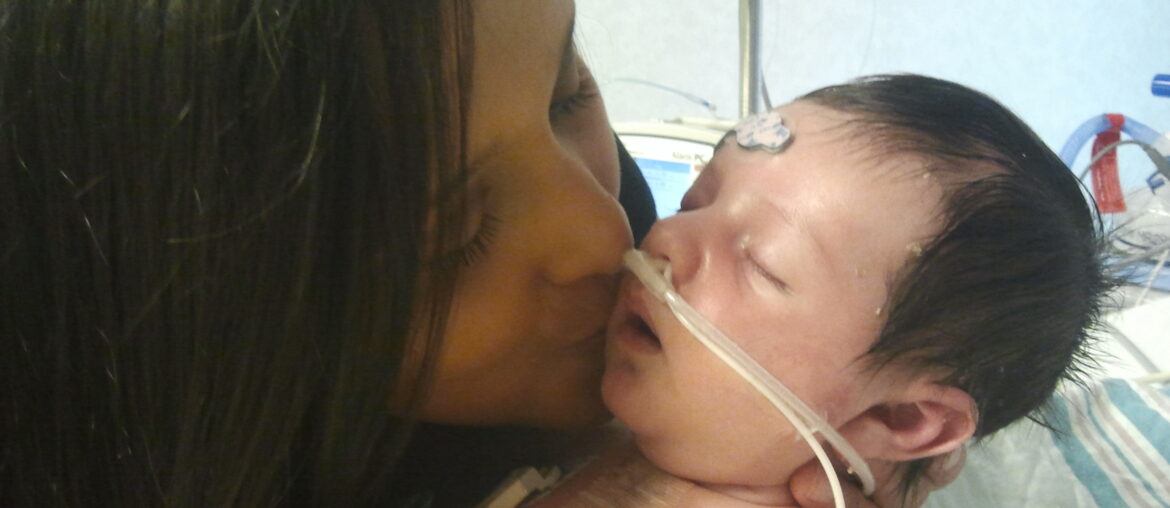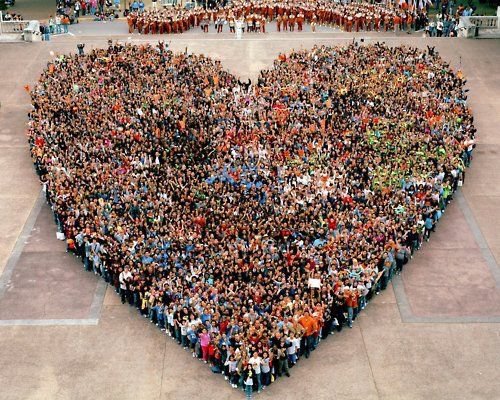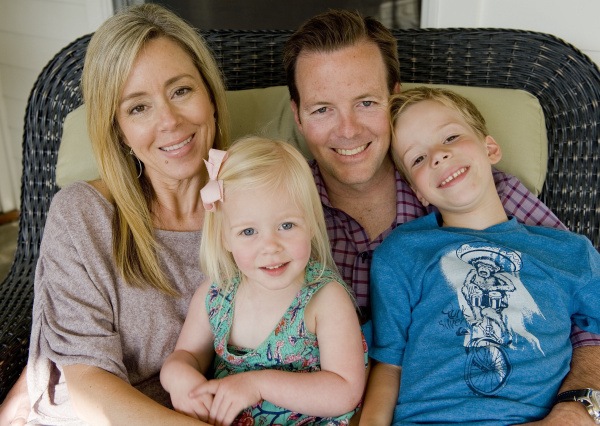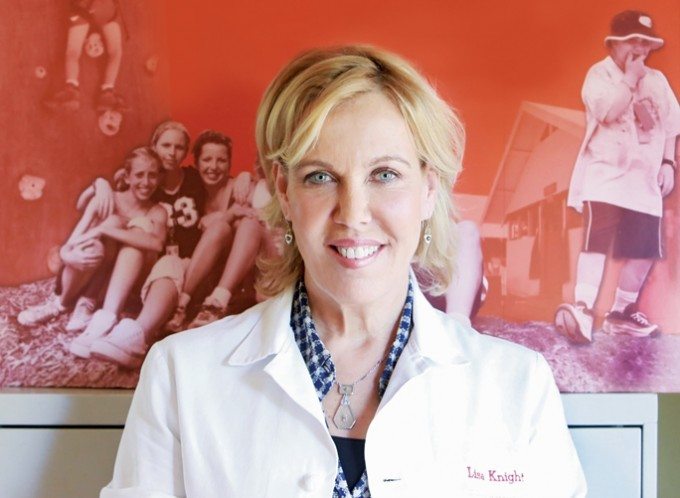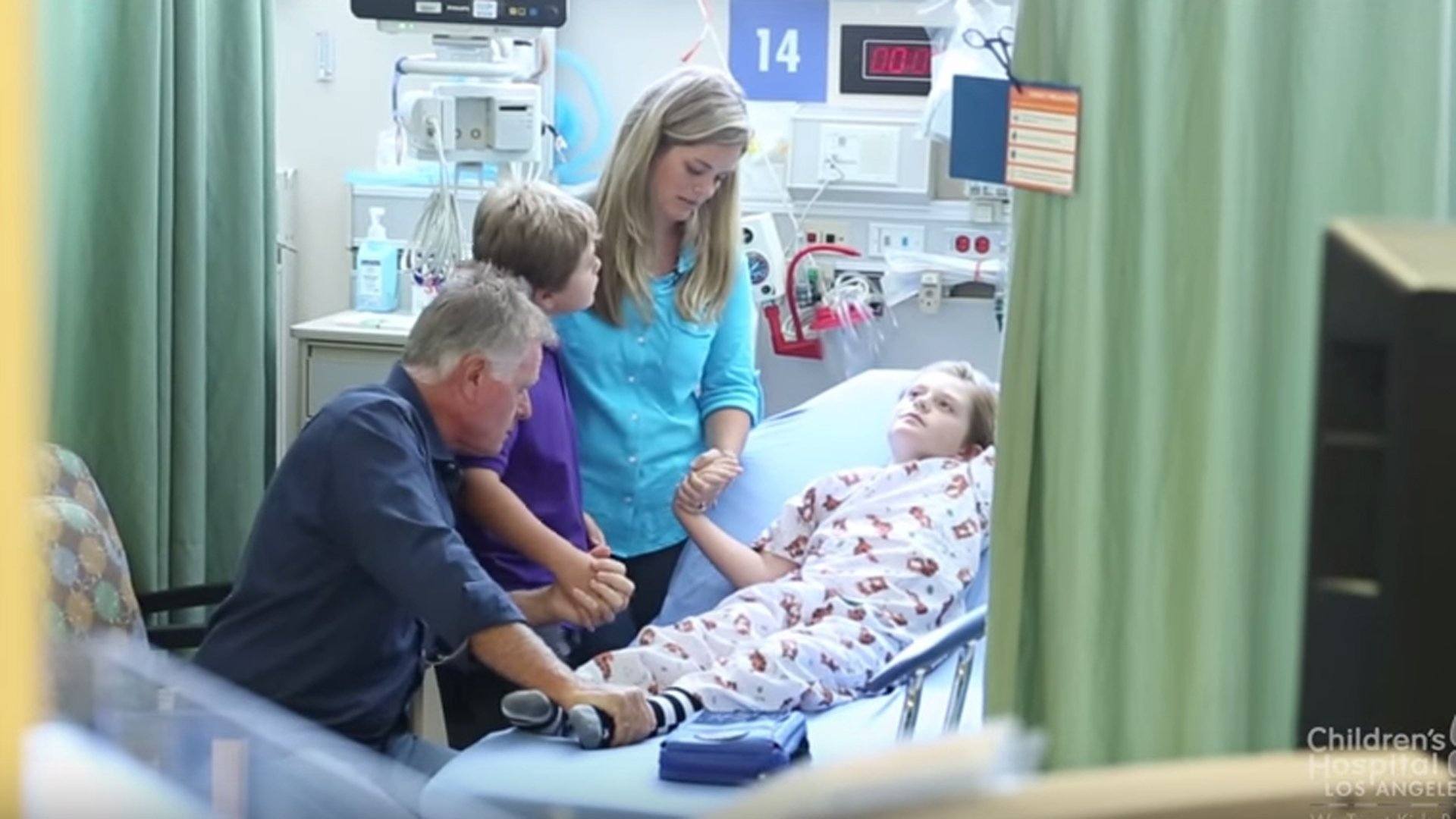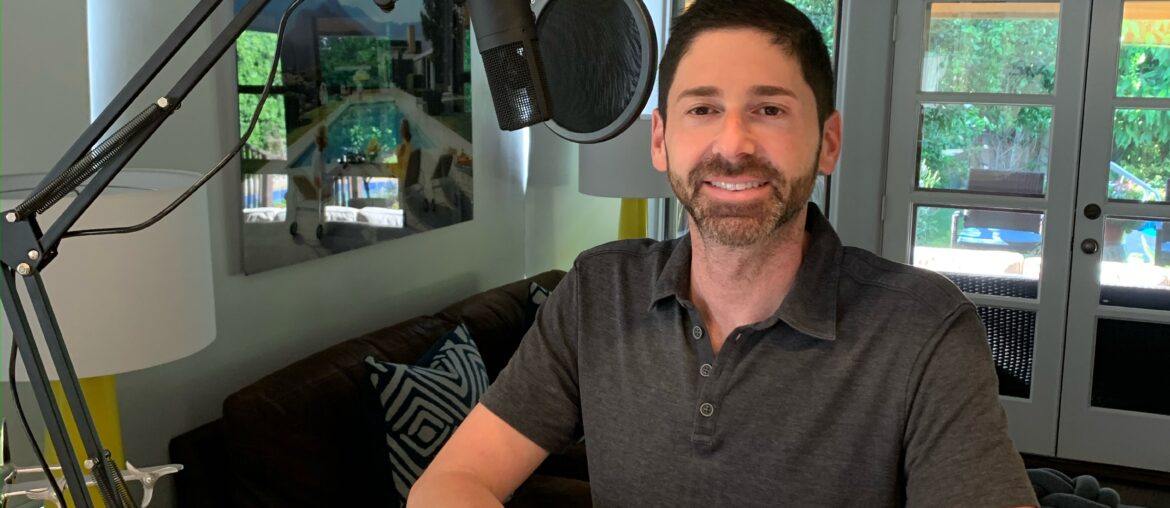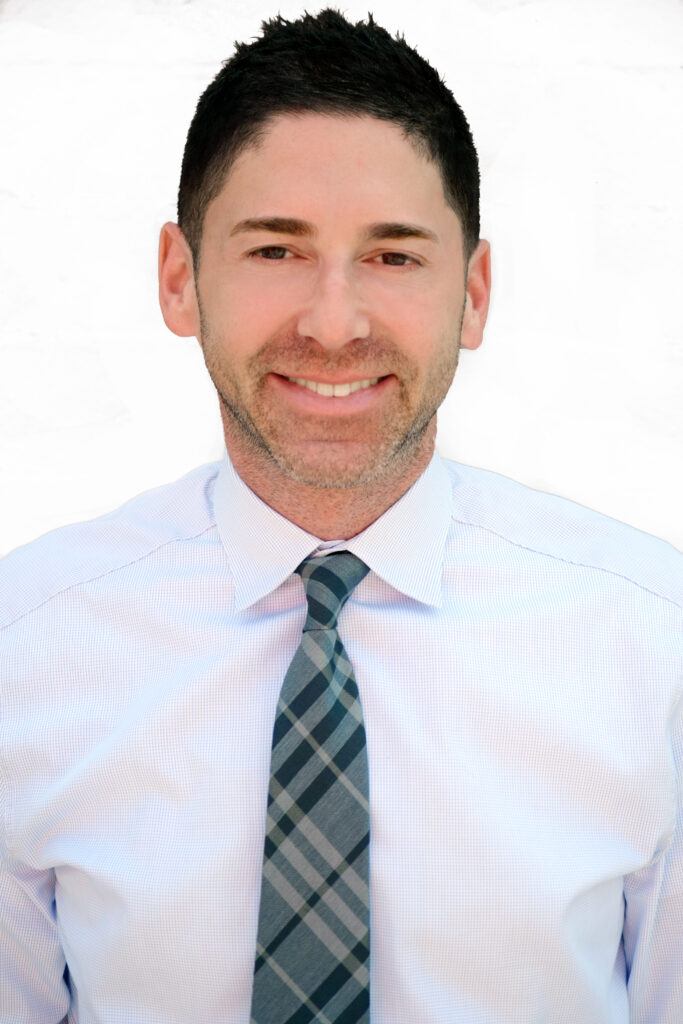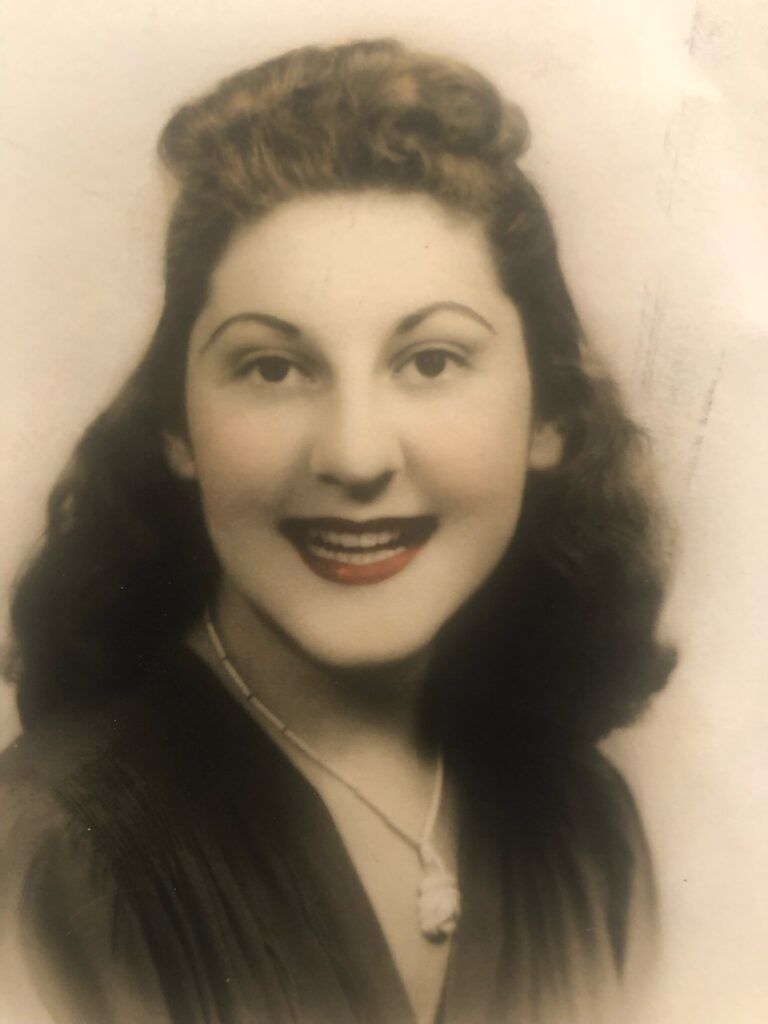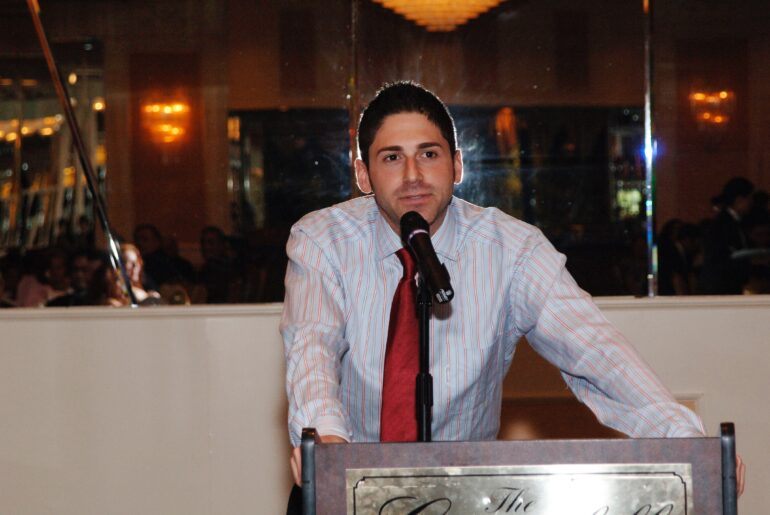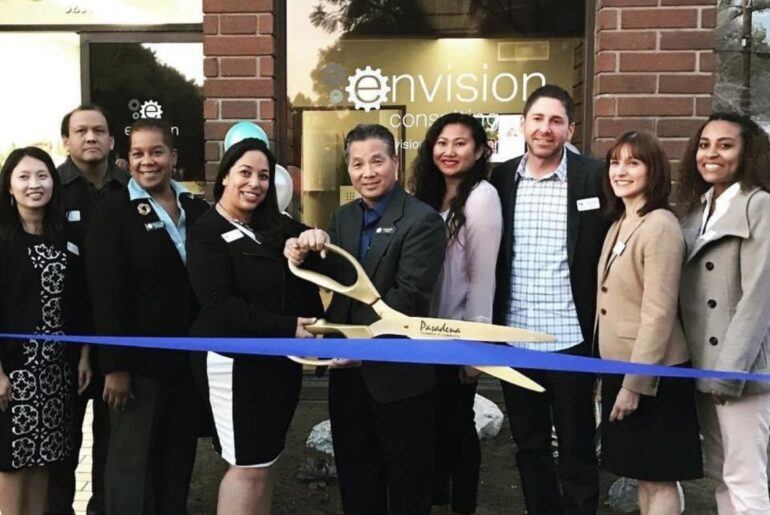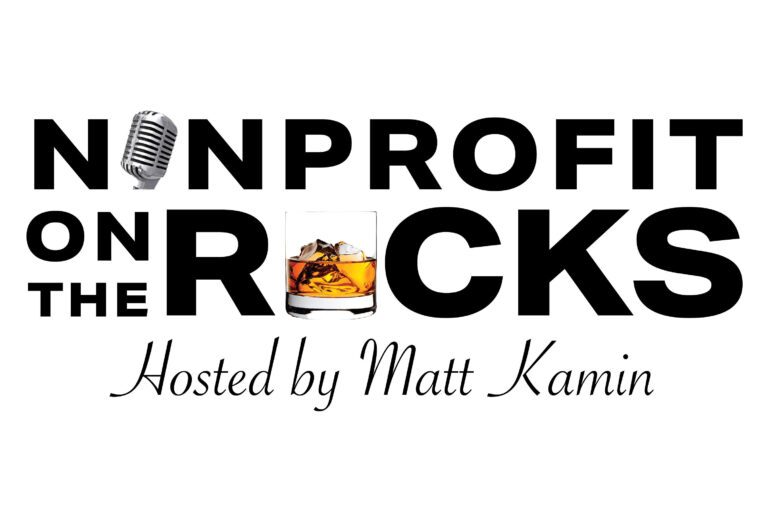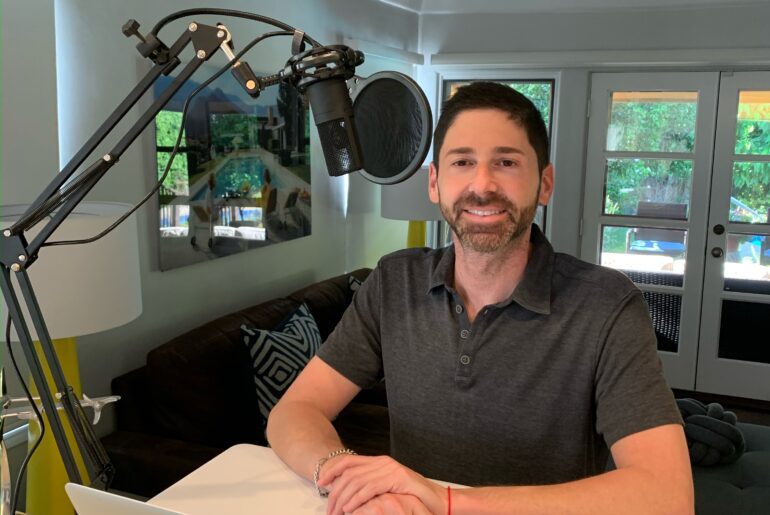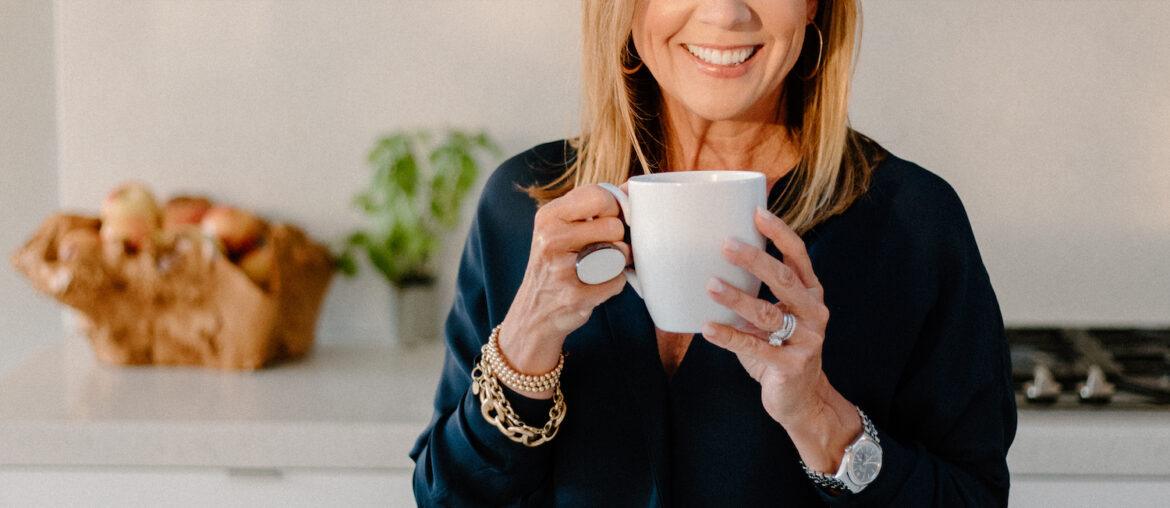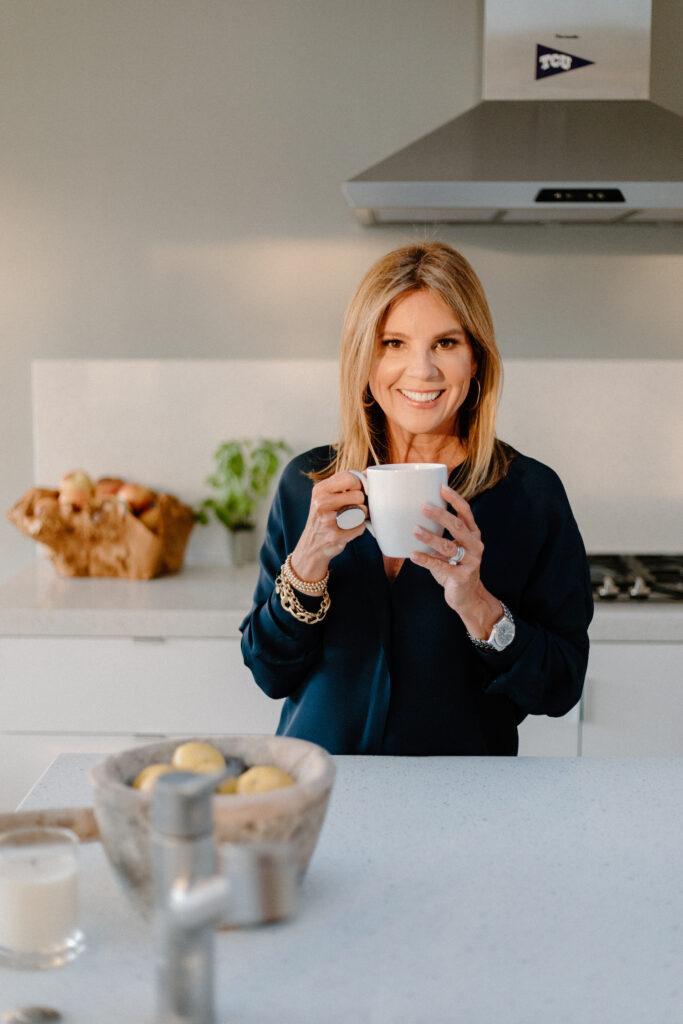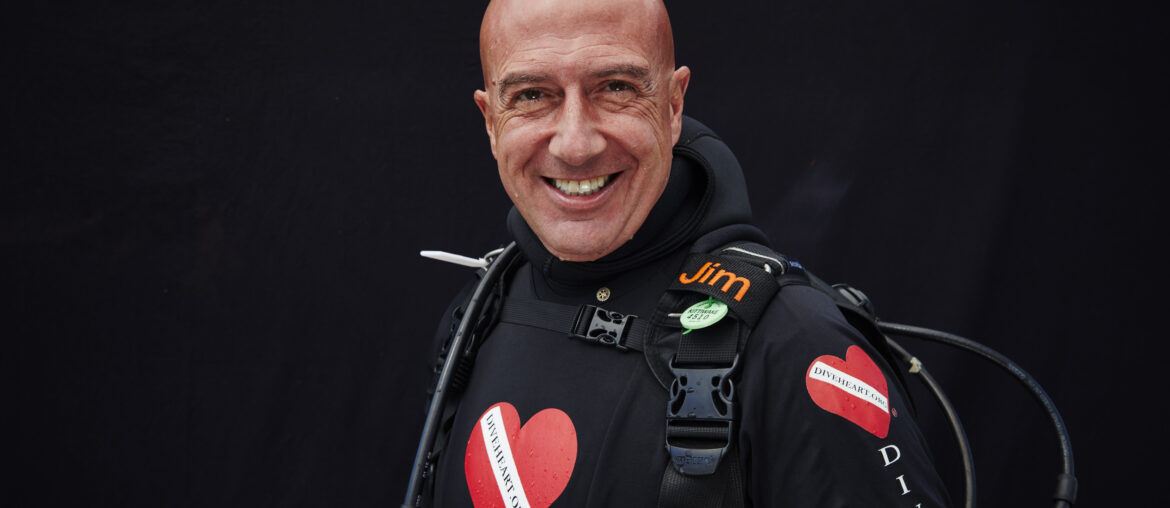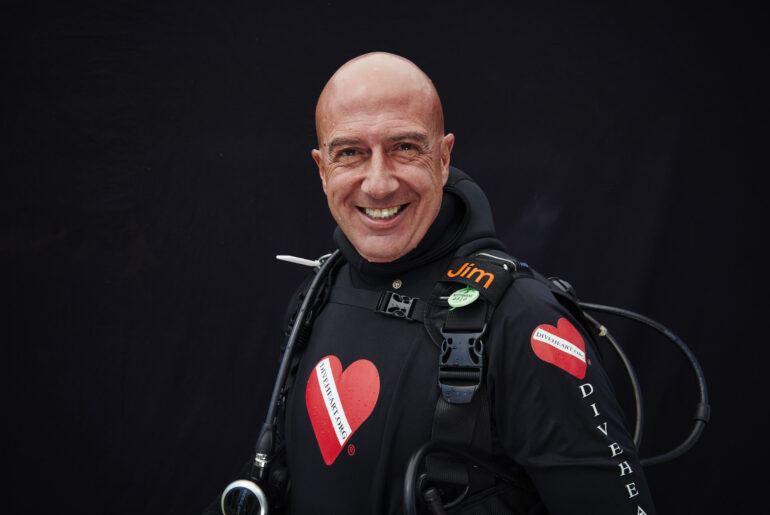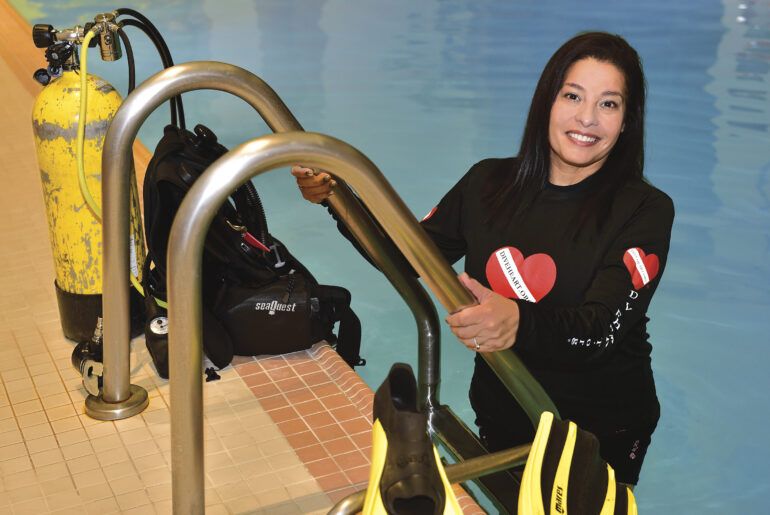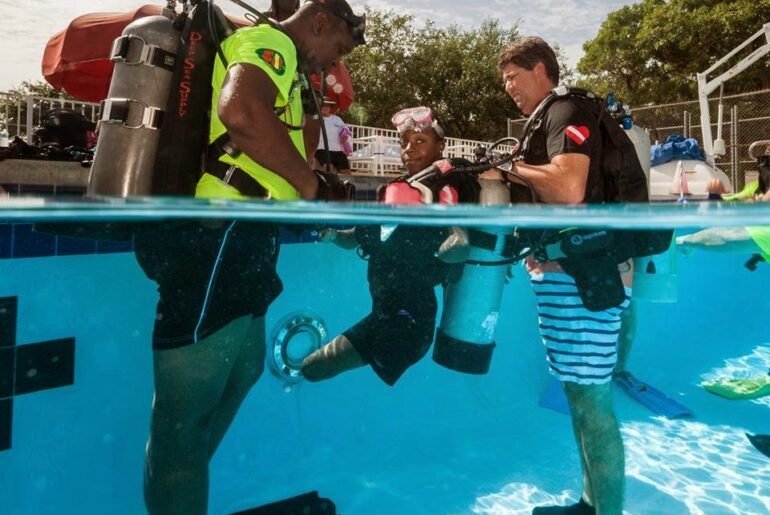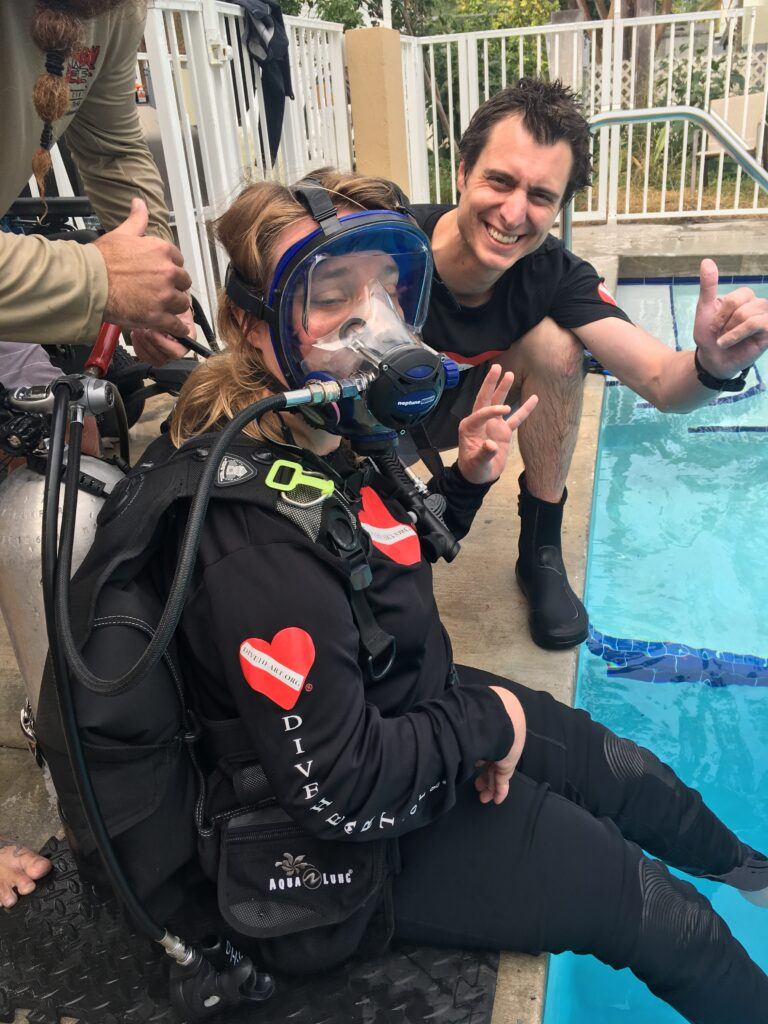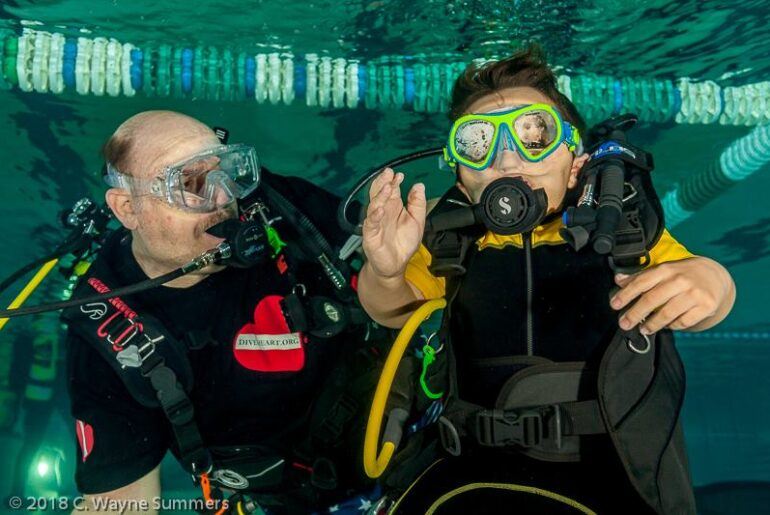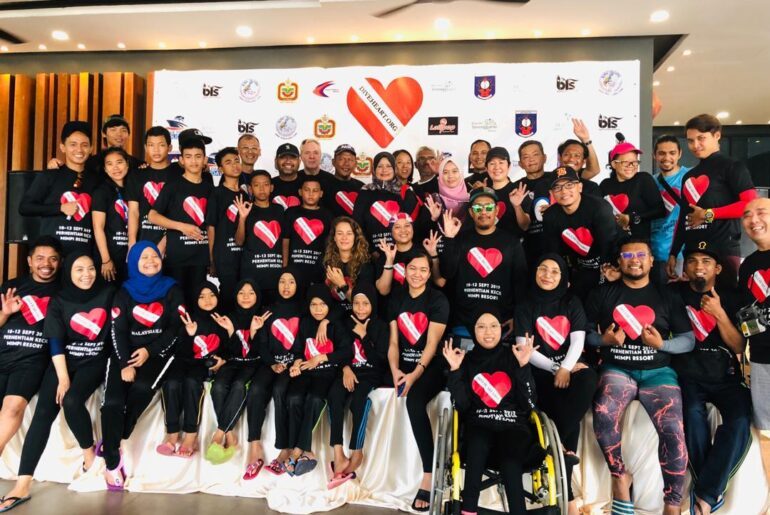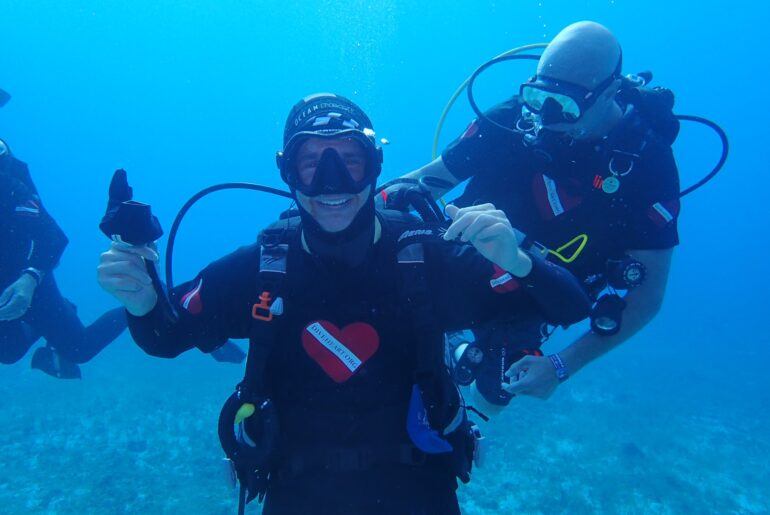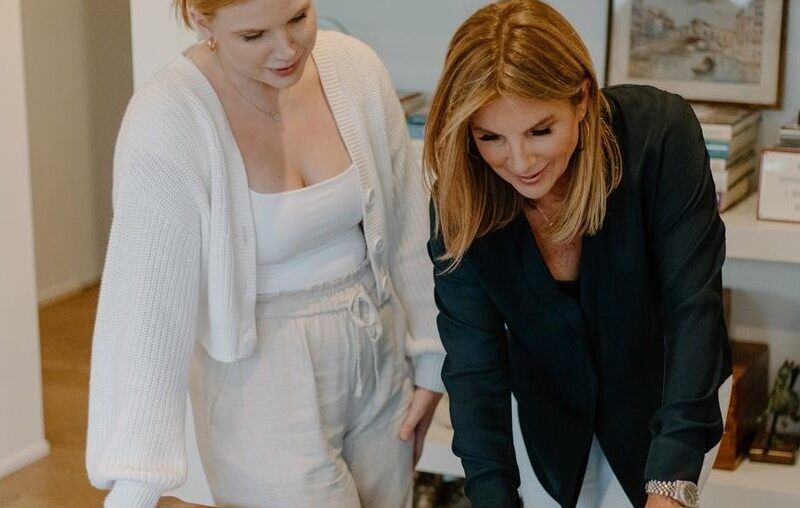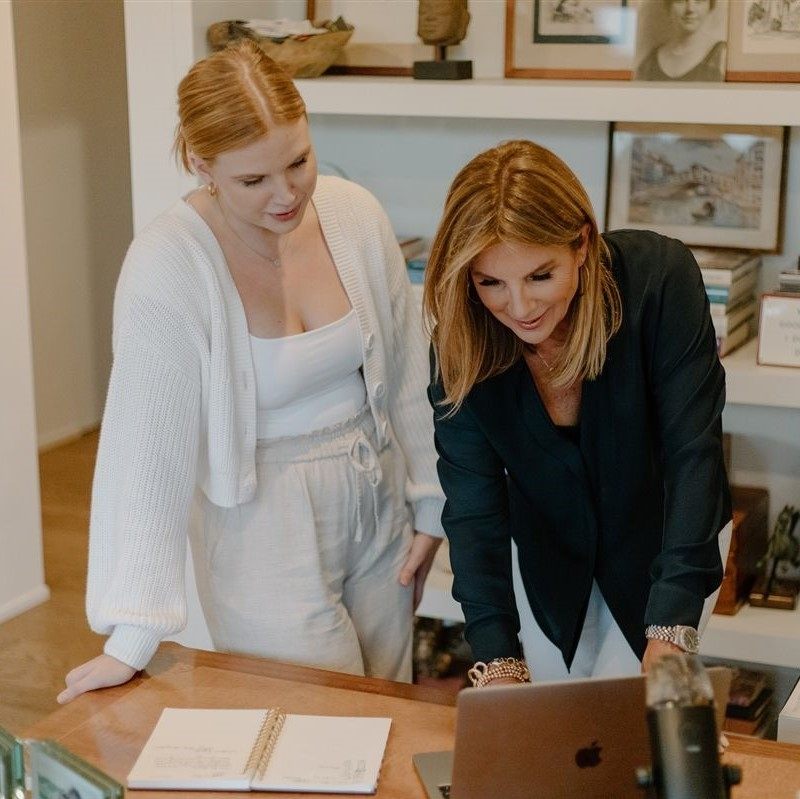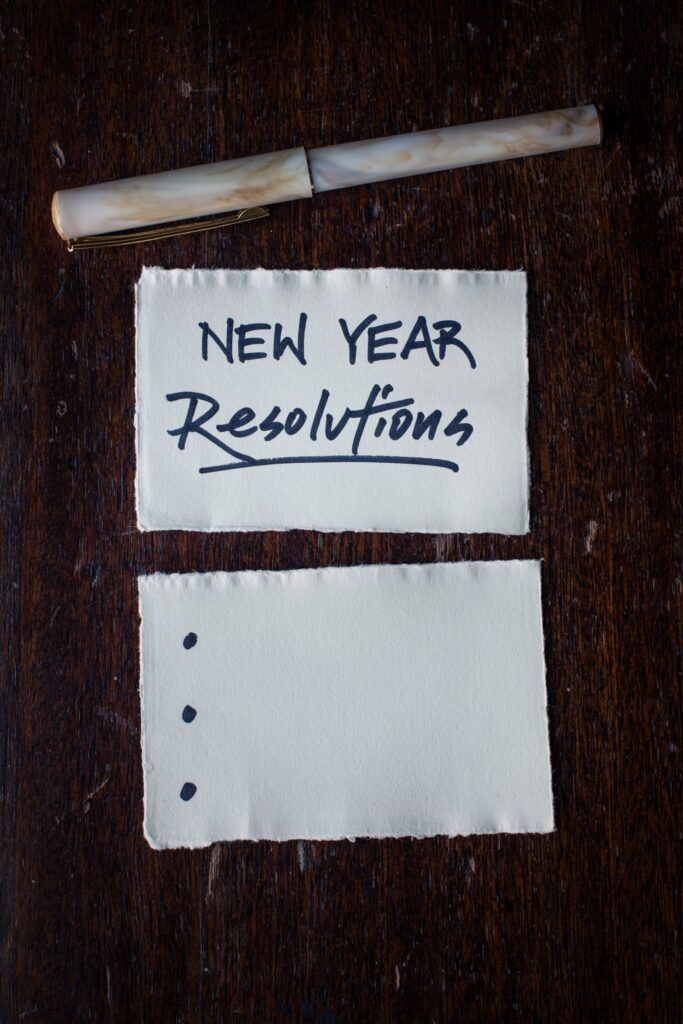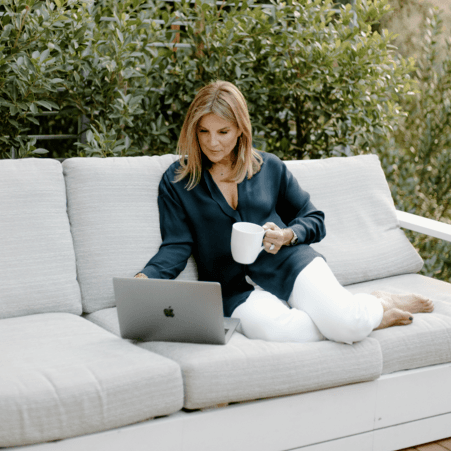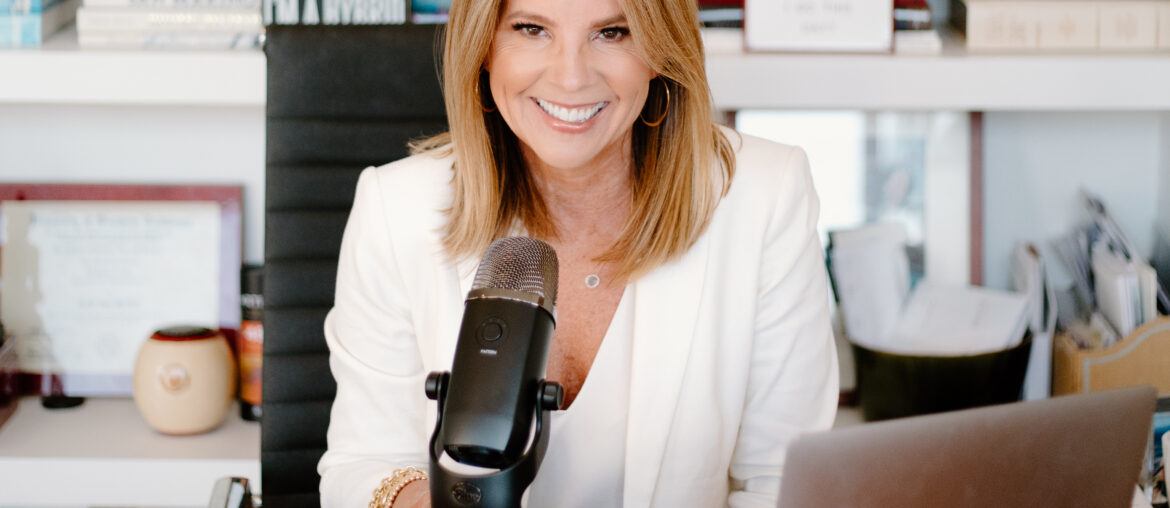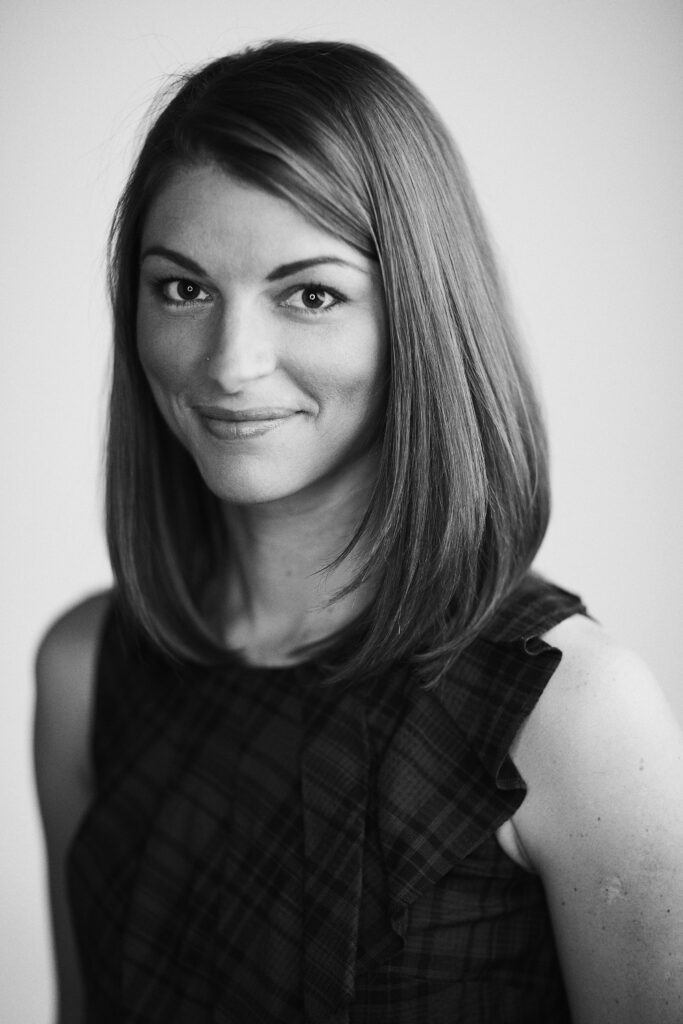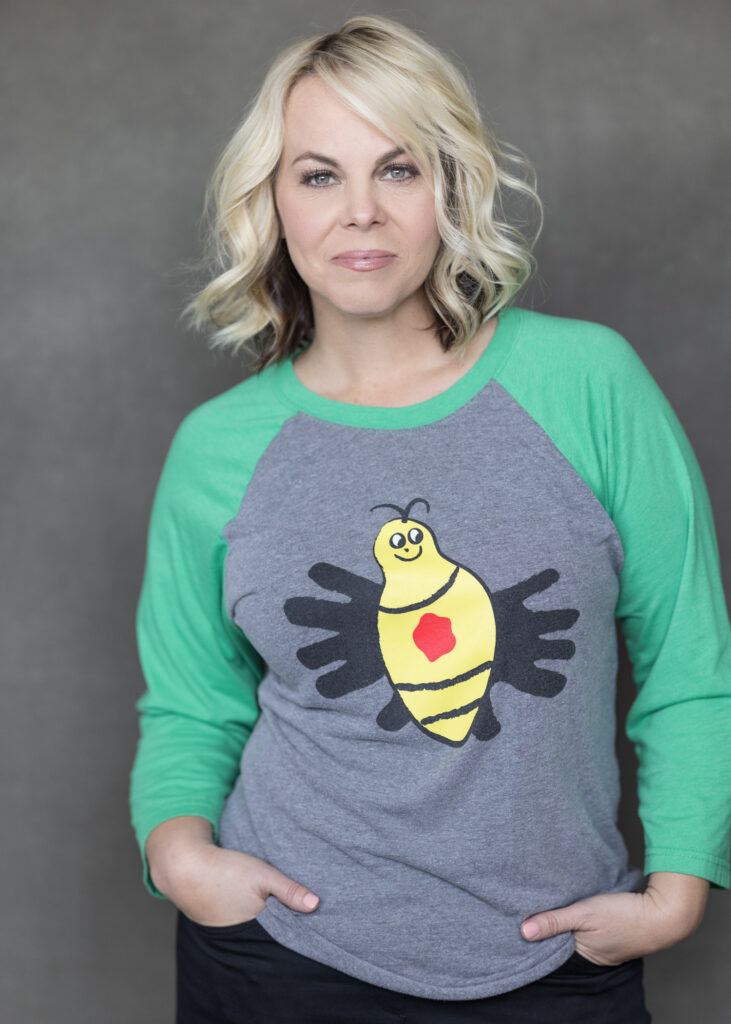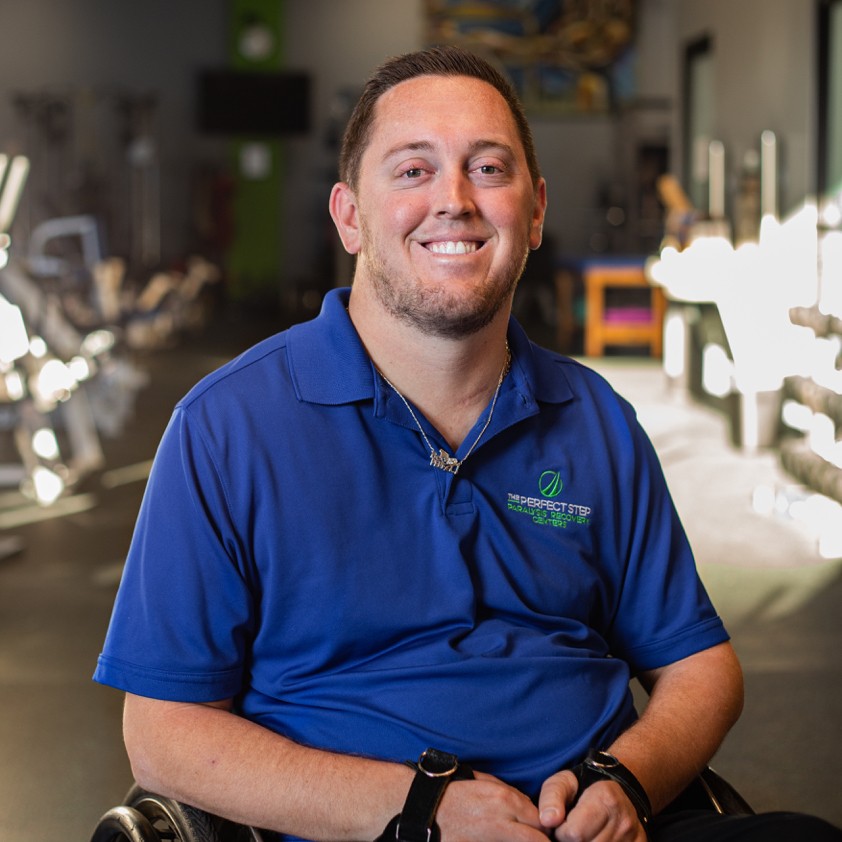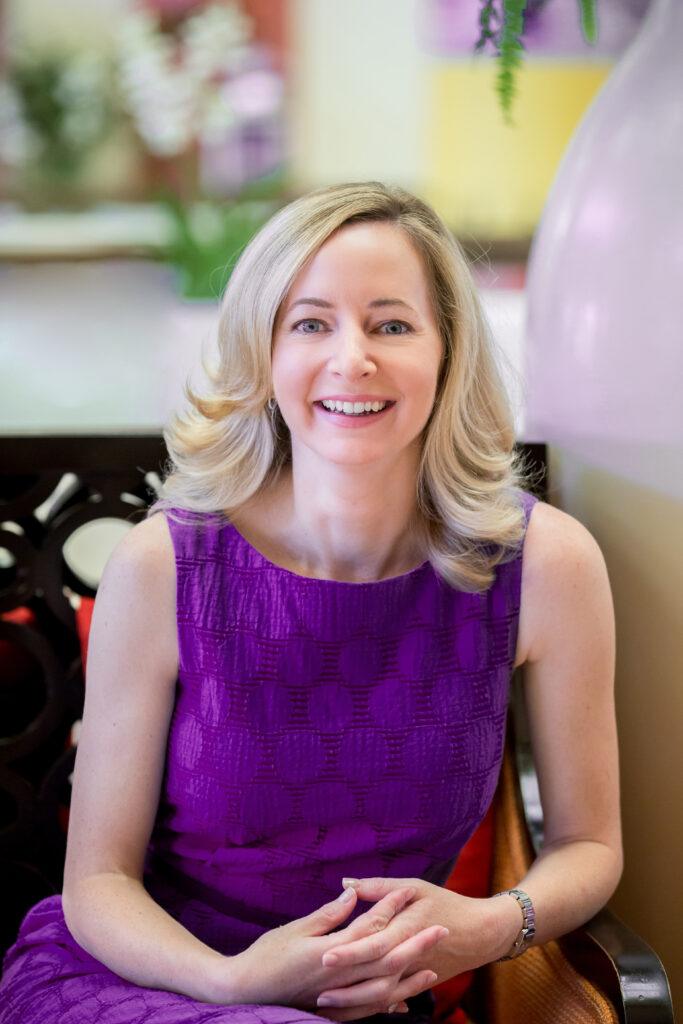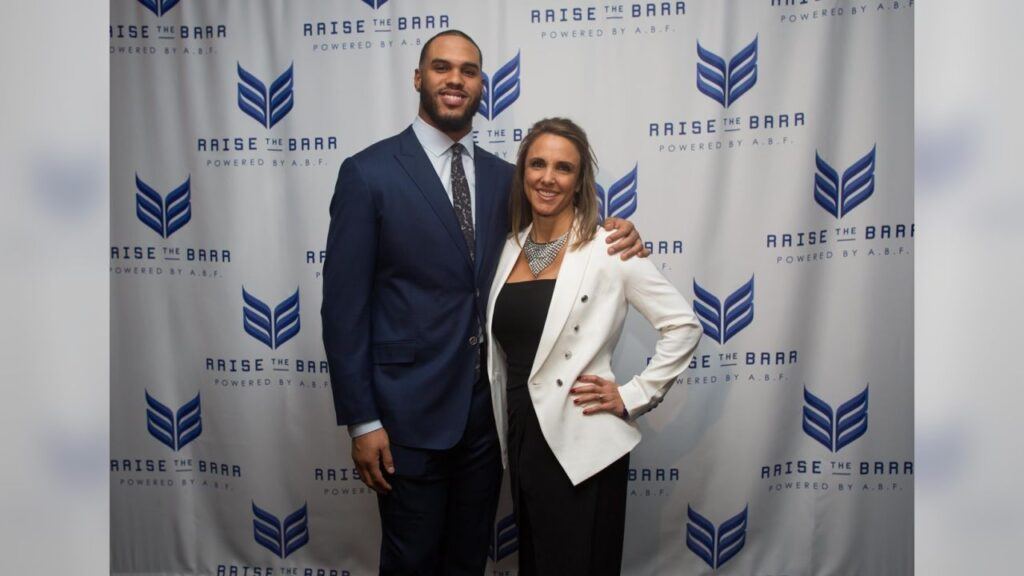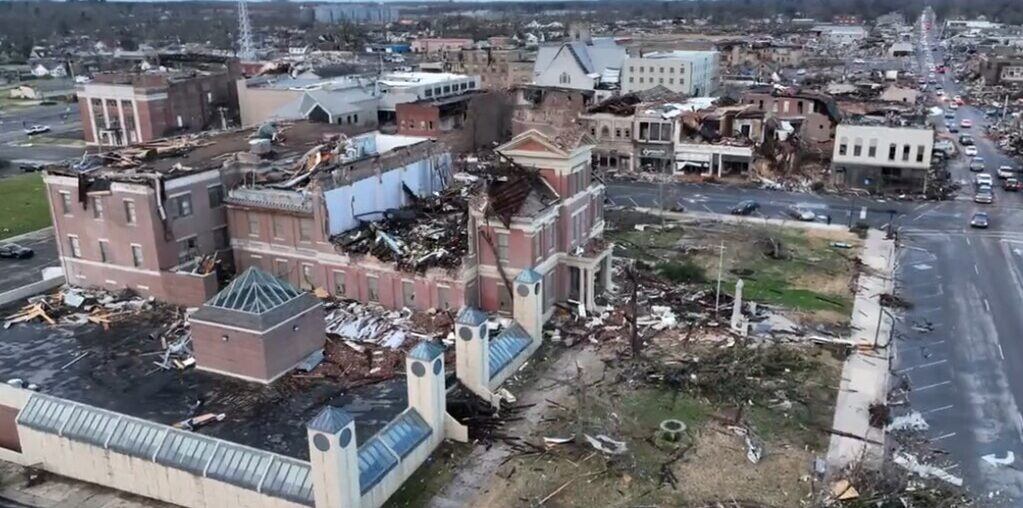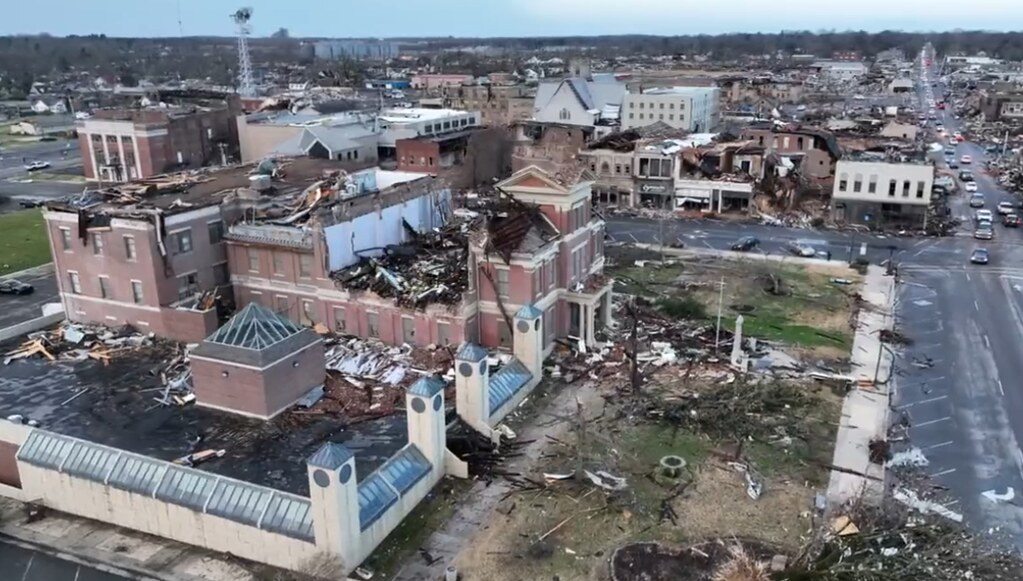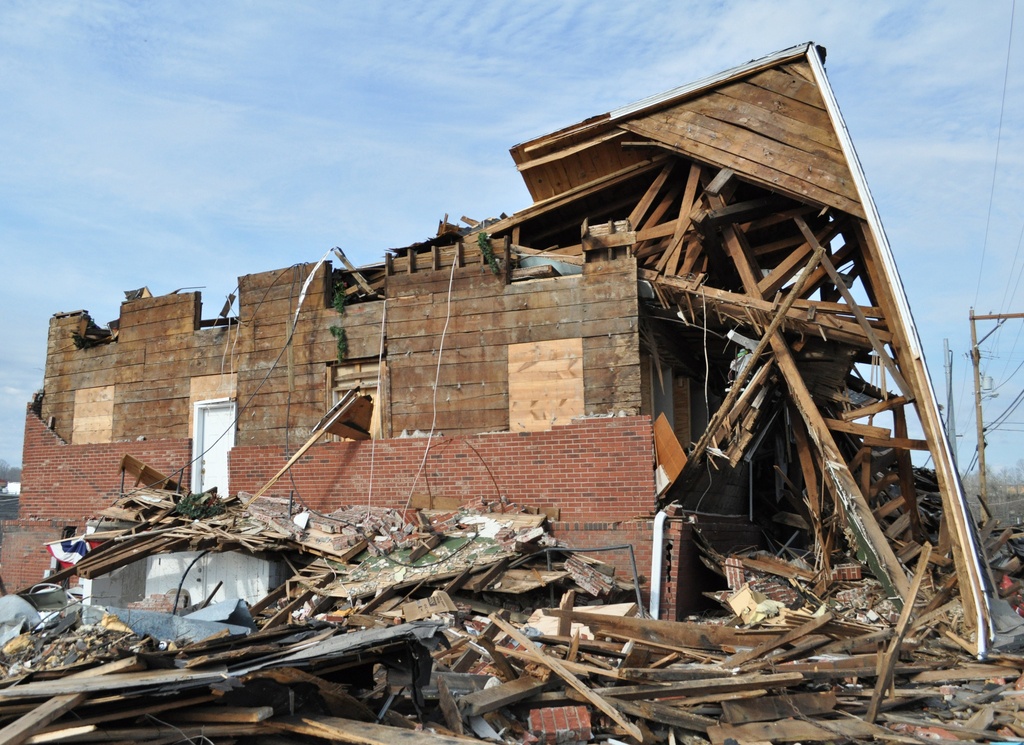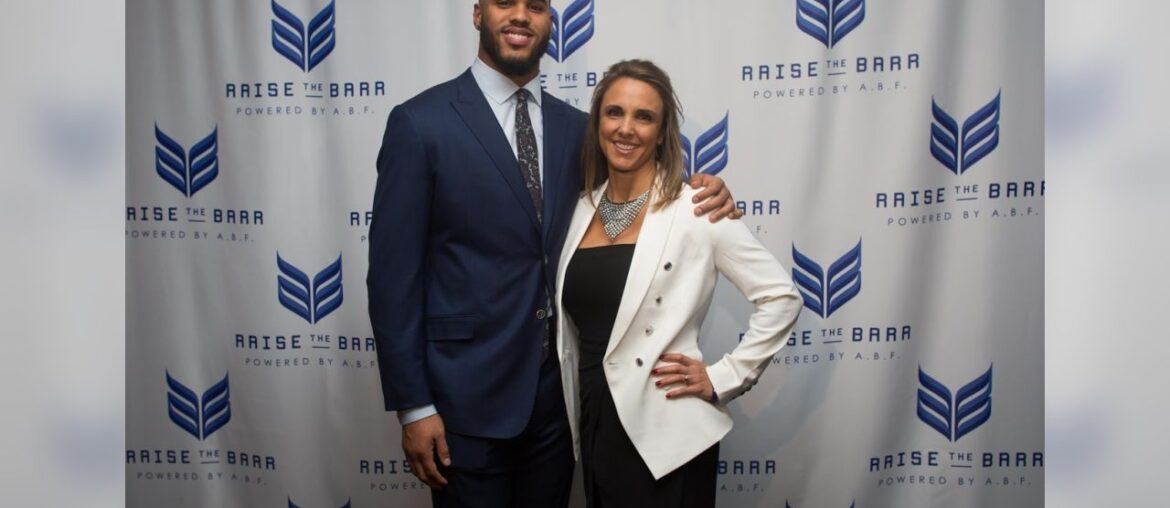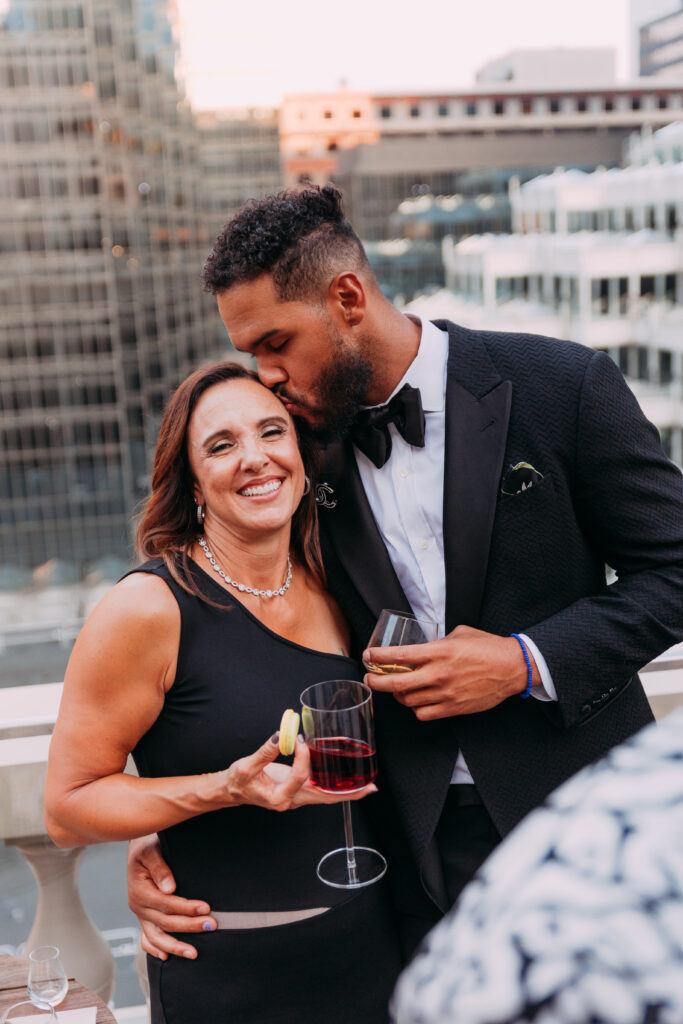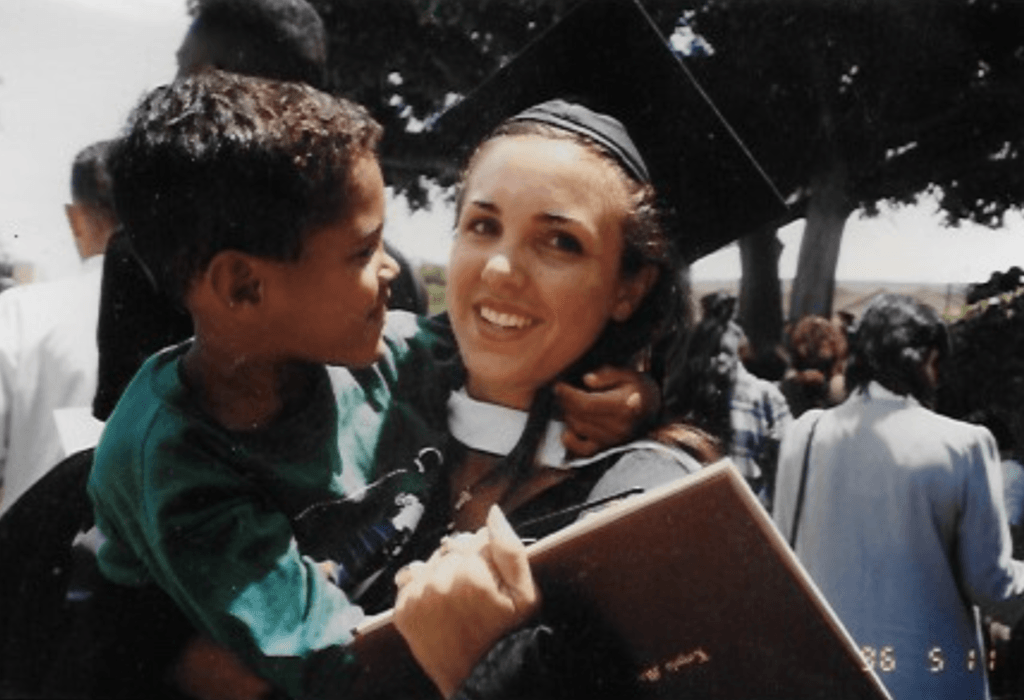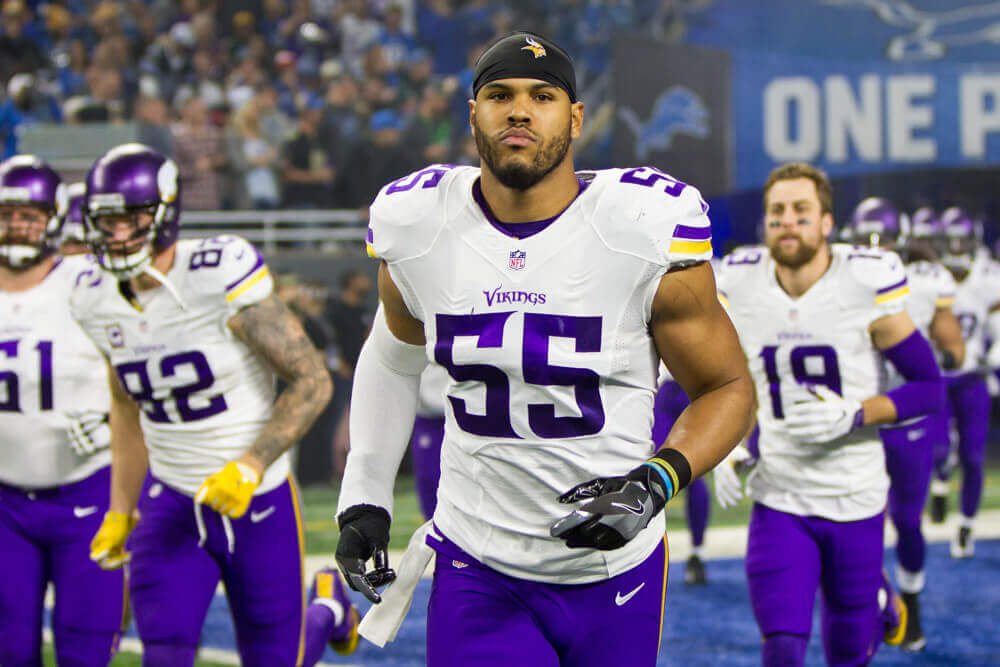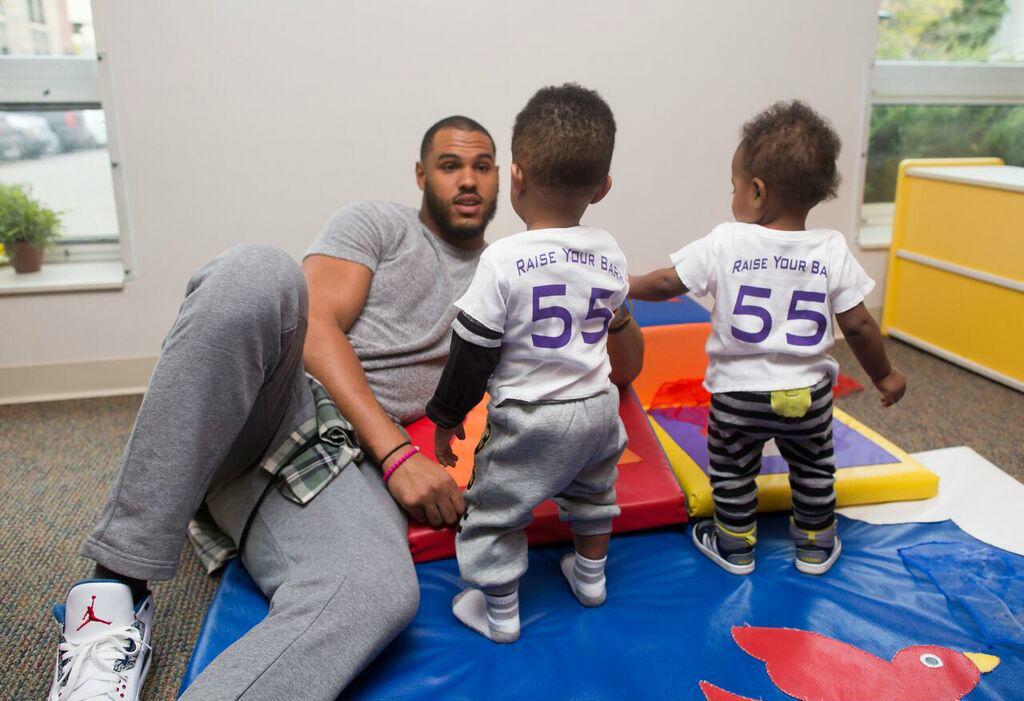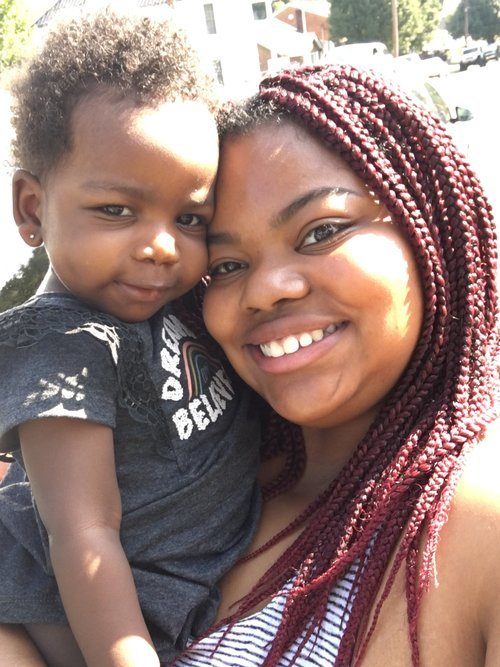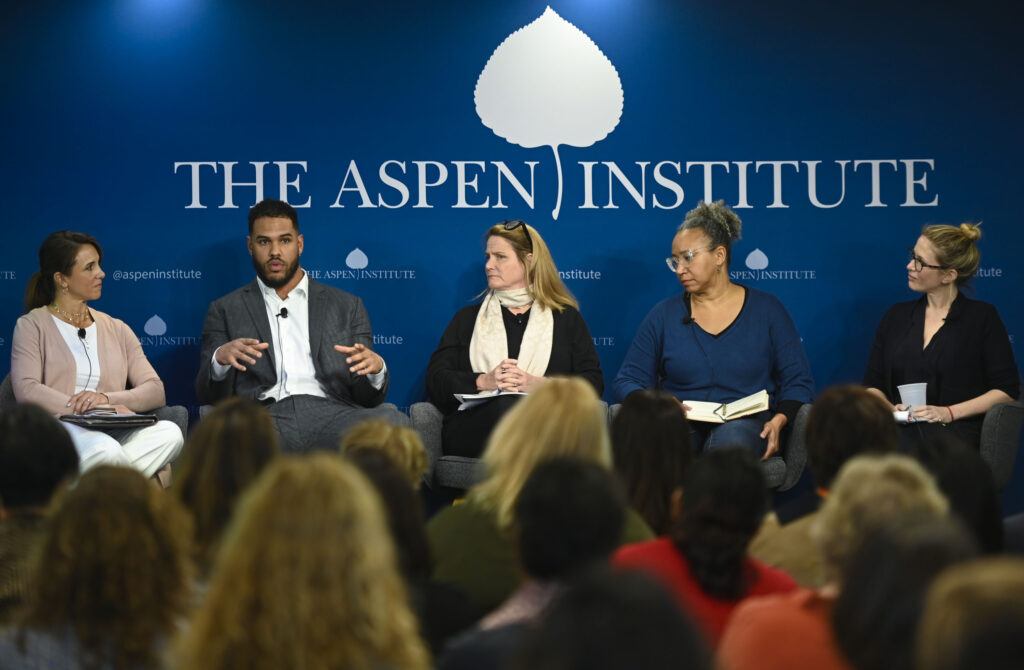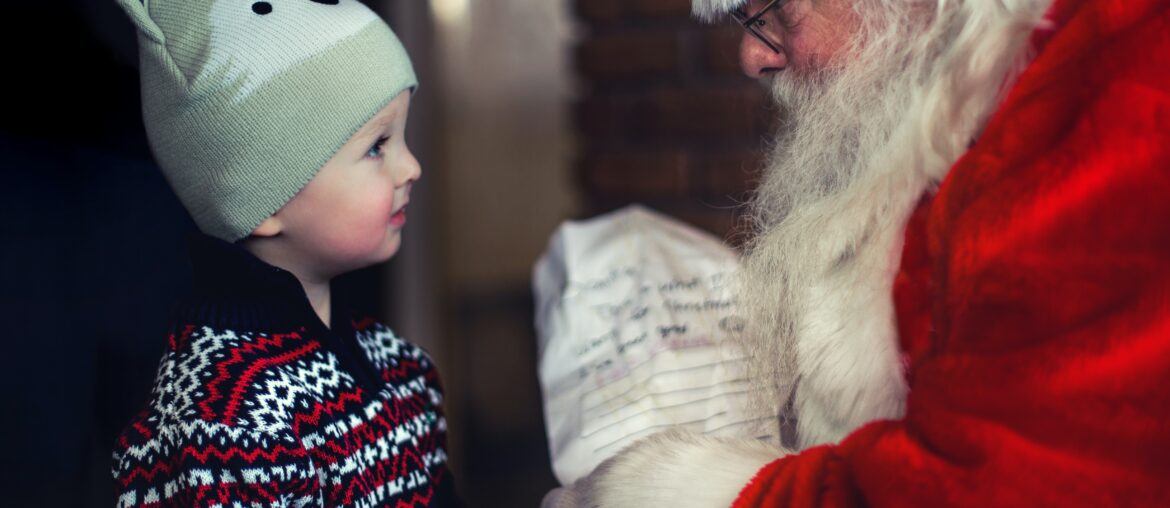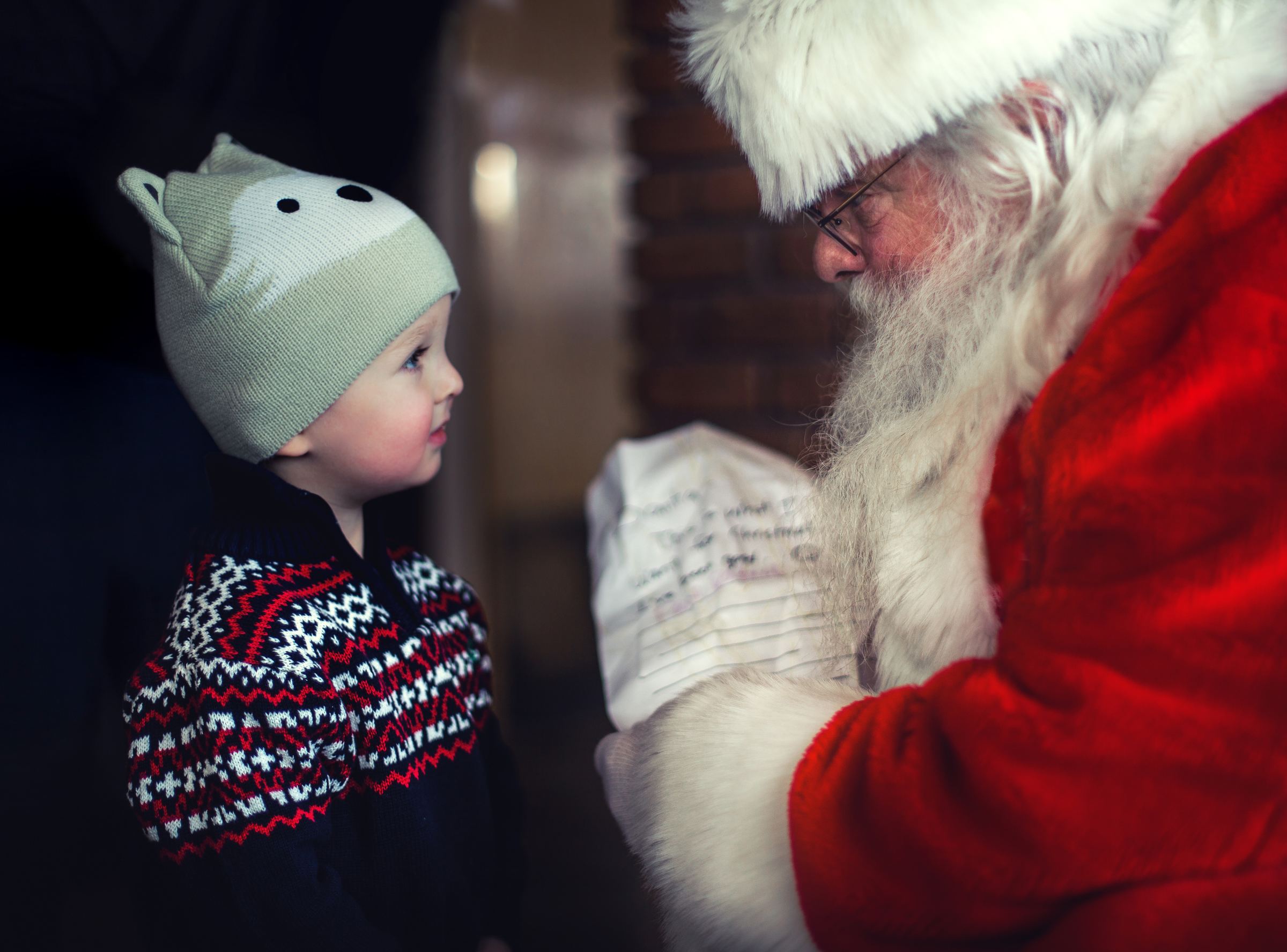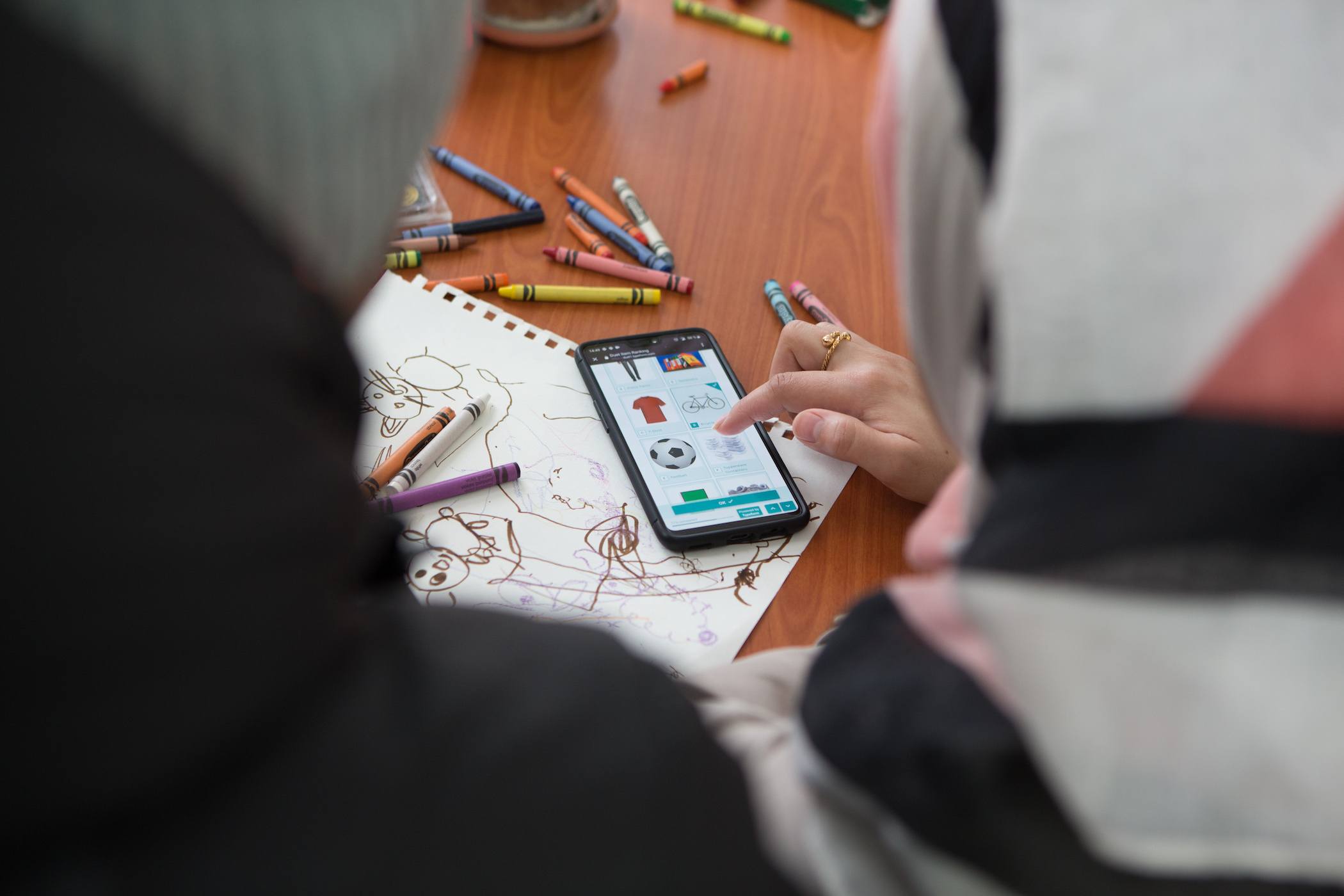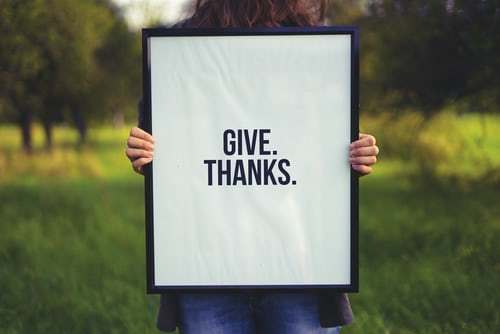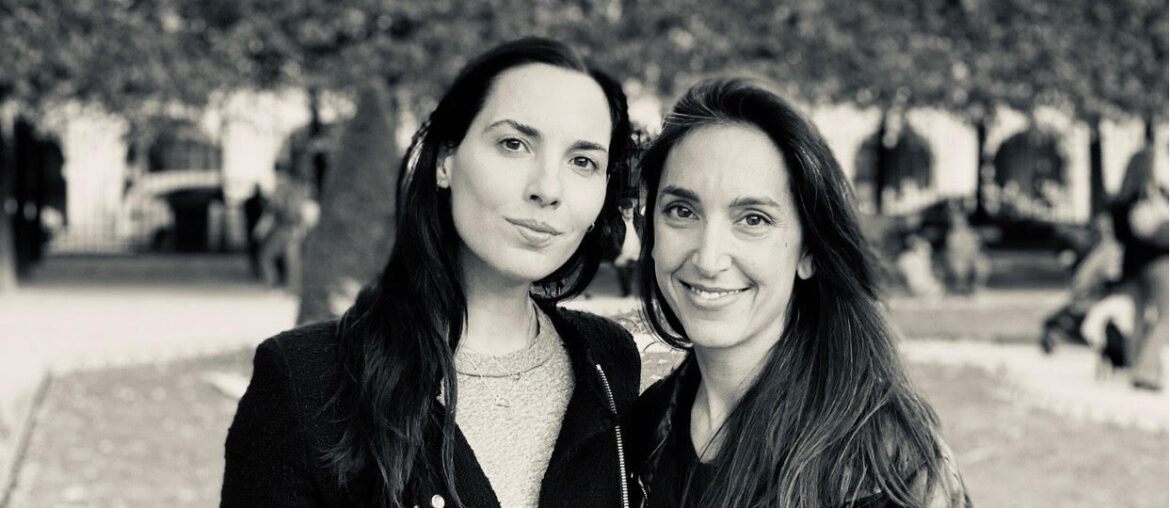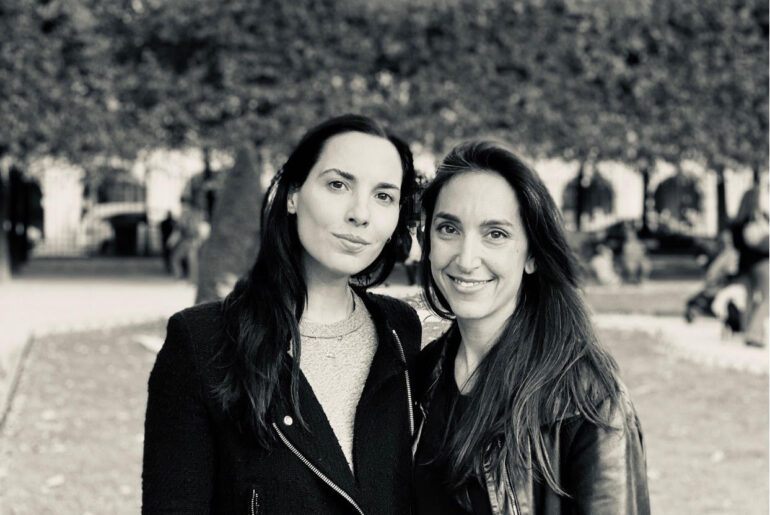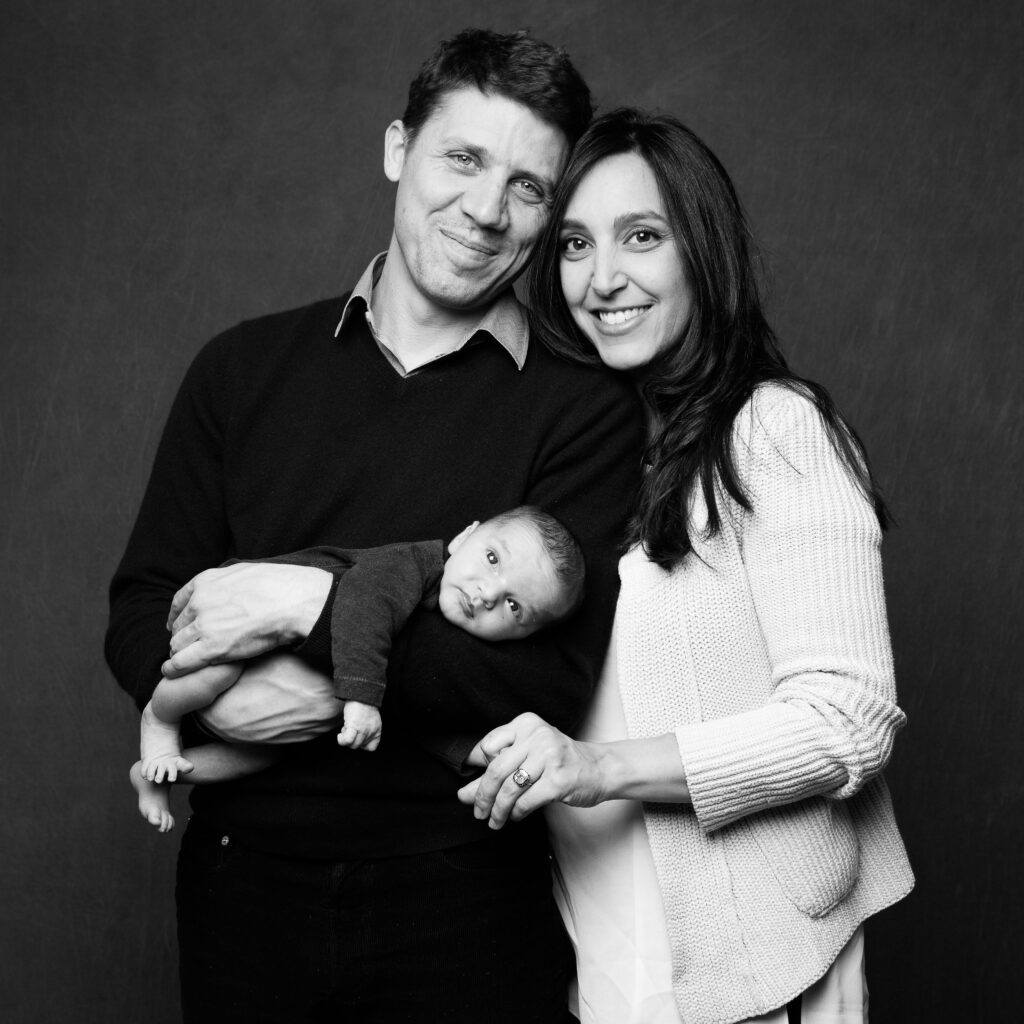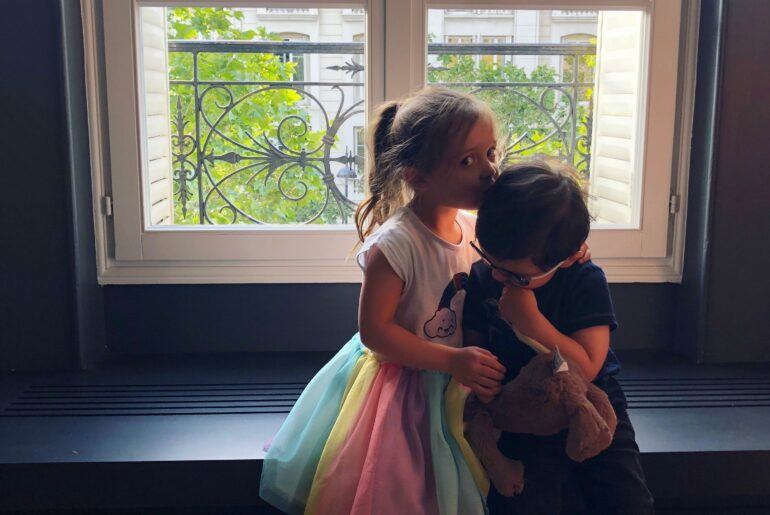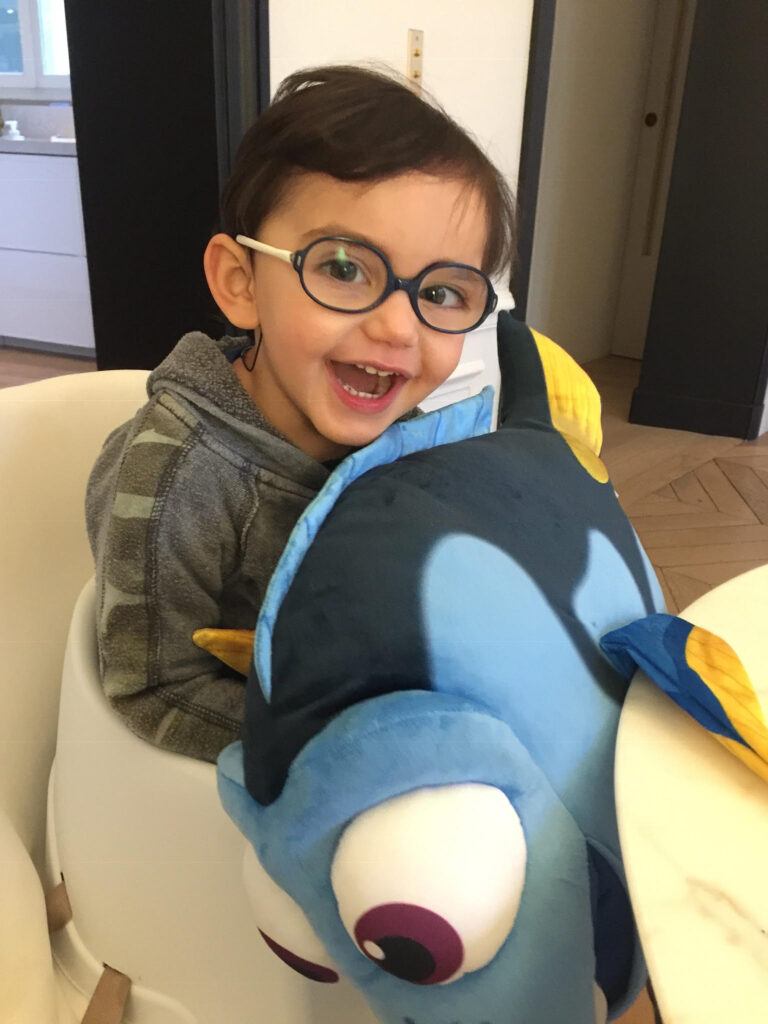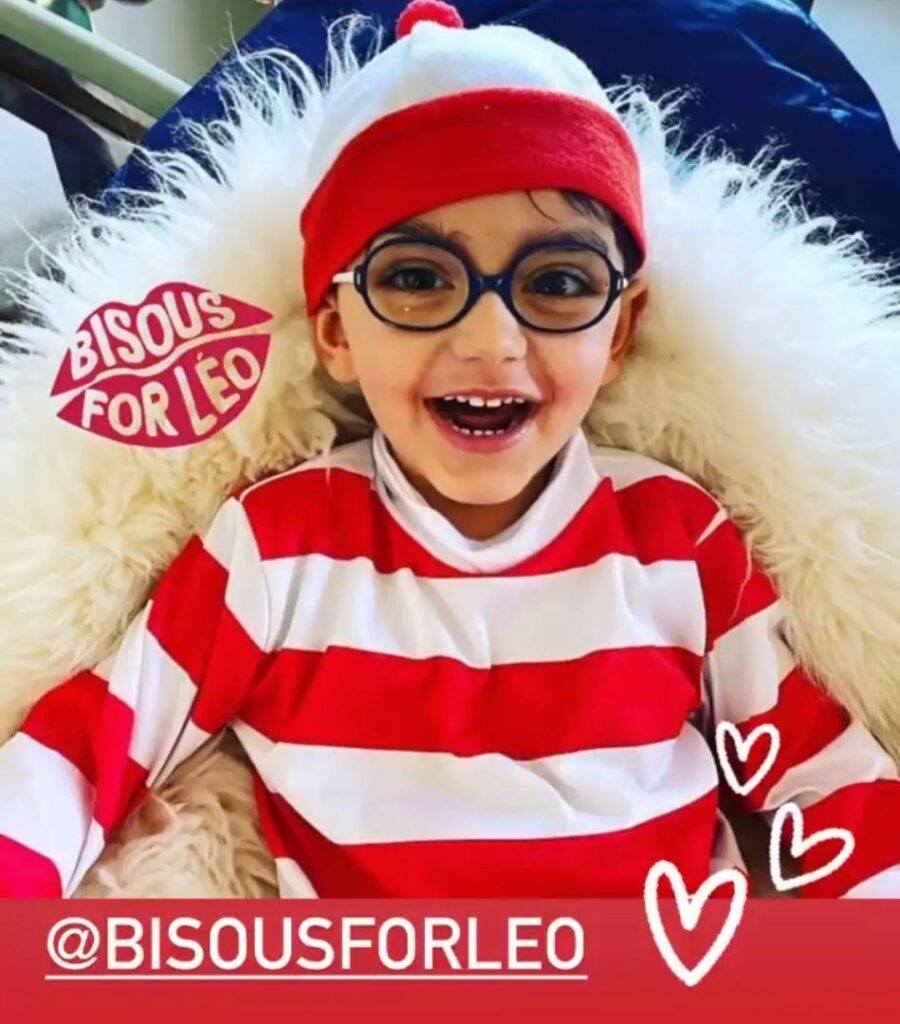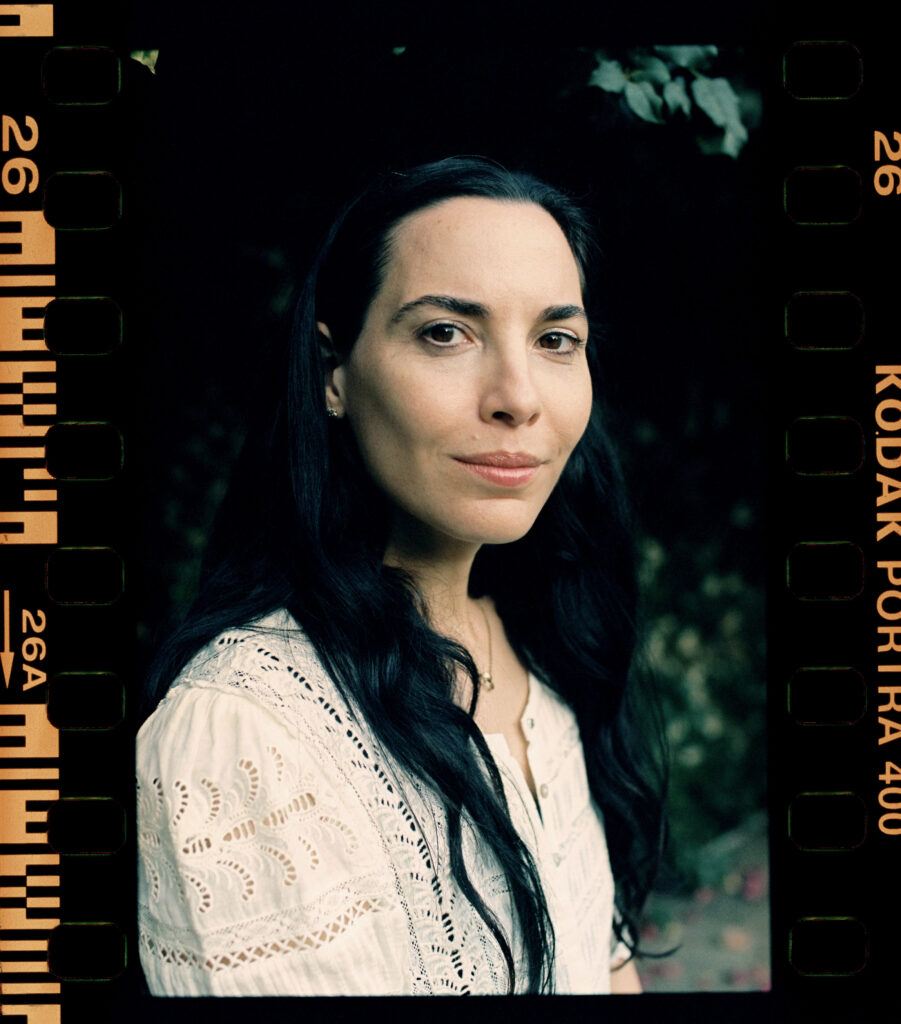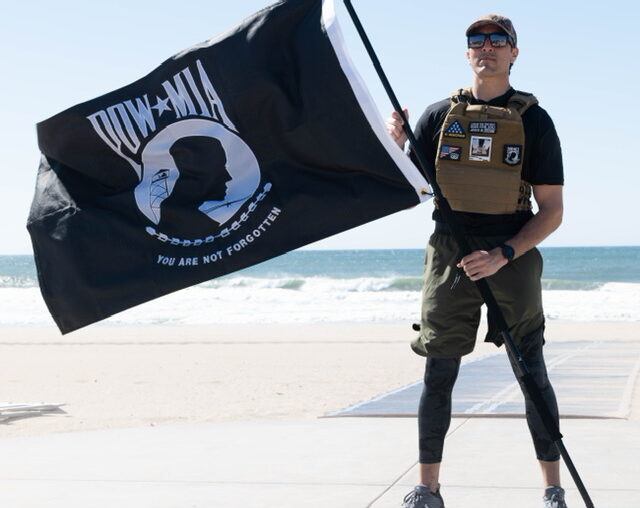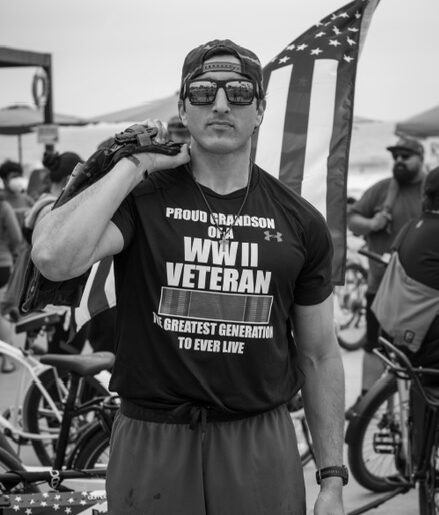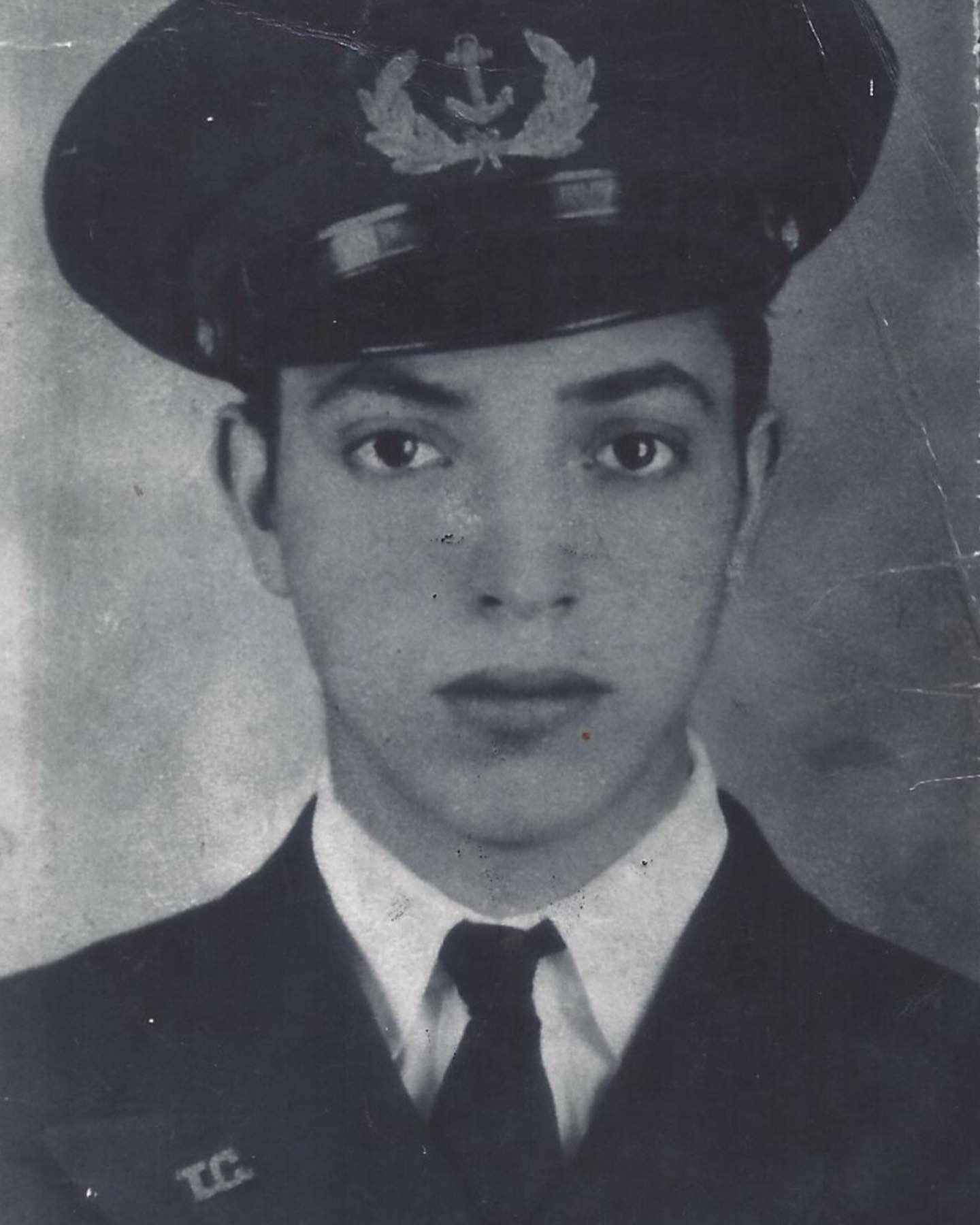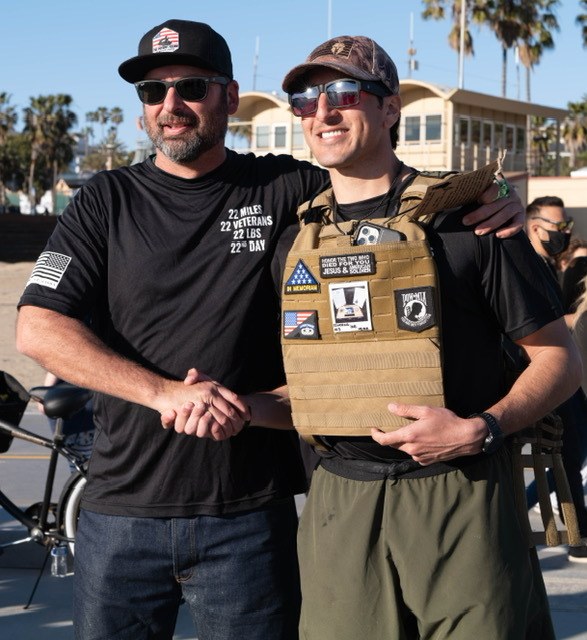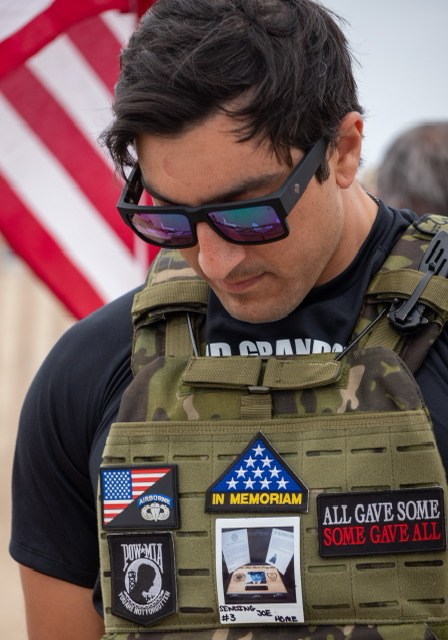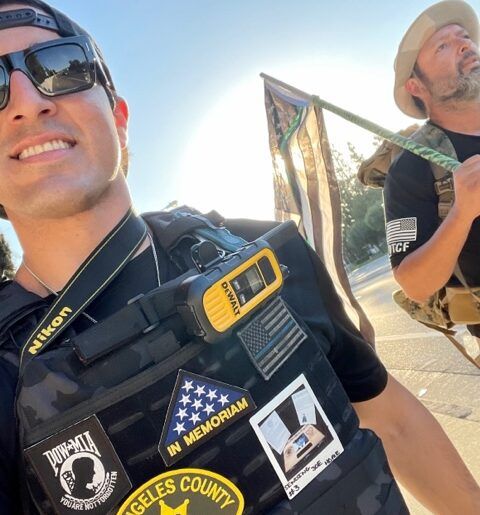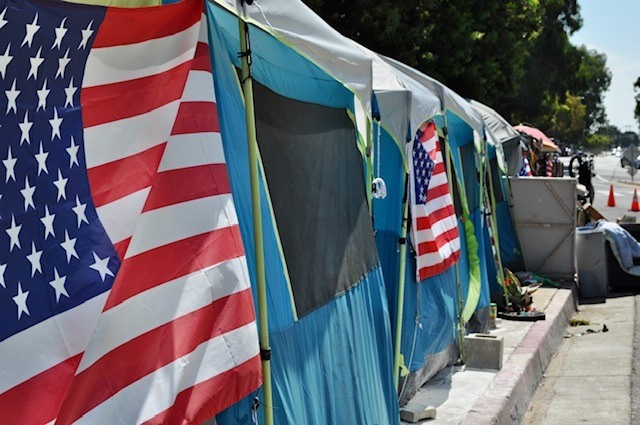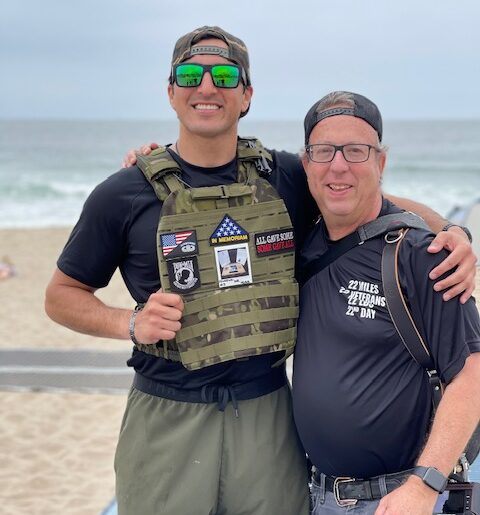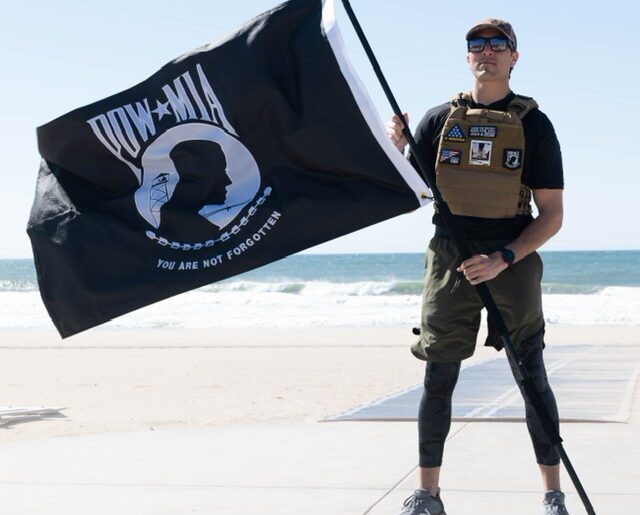February is heart month. Heart disease kills over 659,000 people in the United alone each year. In addition to that 40,000 children will be born with congenital heart disease (CHD) this year alone. When Francie Paul’s son Joshua was born with CHD she and her husband Brian decided to make a positive impact for their child and so many others. They founded the nonprofit Saving Tiny Hearts. A nonprofit organization that is determined to put an end to Congenital Heart Disease, which is the number one birth defect of children
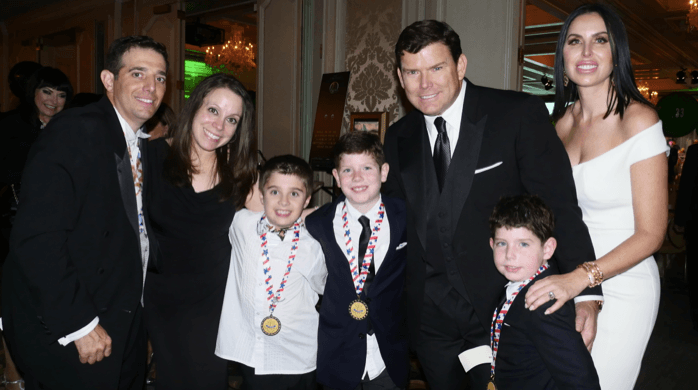
Francie was one of my very first interviews over a decade ago and her story and work have continued to inspire me. I recently had a chance to reconnect with Francie and her board chair Dr. Larry Kluge to discuss the incredible work Saving Tiny Hearts is doing. If ever there were two humans with huge hearts to mend all the broken ones it’s Francie and Larry.
Here are a few highlights from our conversation:
Charity Matters: Tell us a little about what Saving Tiny Hearts does?
Larry Kluge: Every day, we’re looking to raise as much money as we can to fund as much research as we can. Nearly every dollar we raise goes to support research. Recognizing how important it is that difference in raising money for research makes in the lives of children. We’ve already found that that was the case, in terms of many of the projects that we have funded have actually changed and improved the lives of children born with congenital heart defects. This is what Saving Tiny Hearts does.
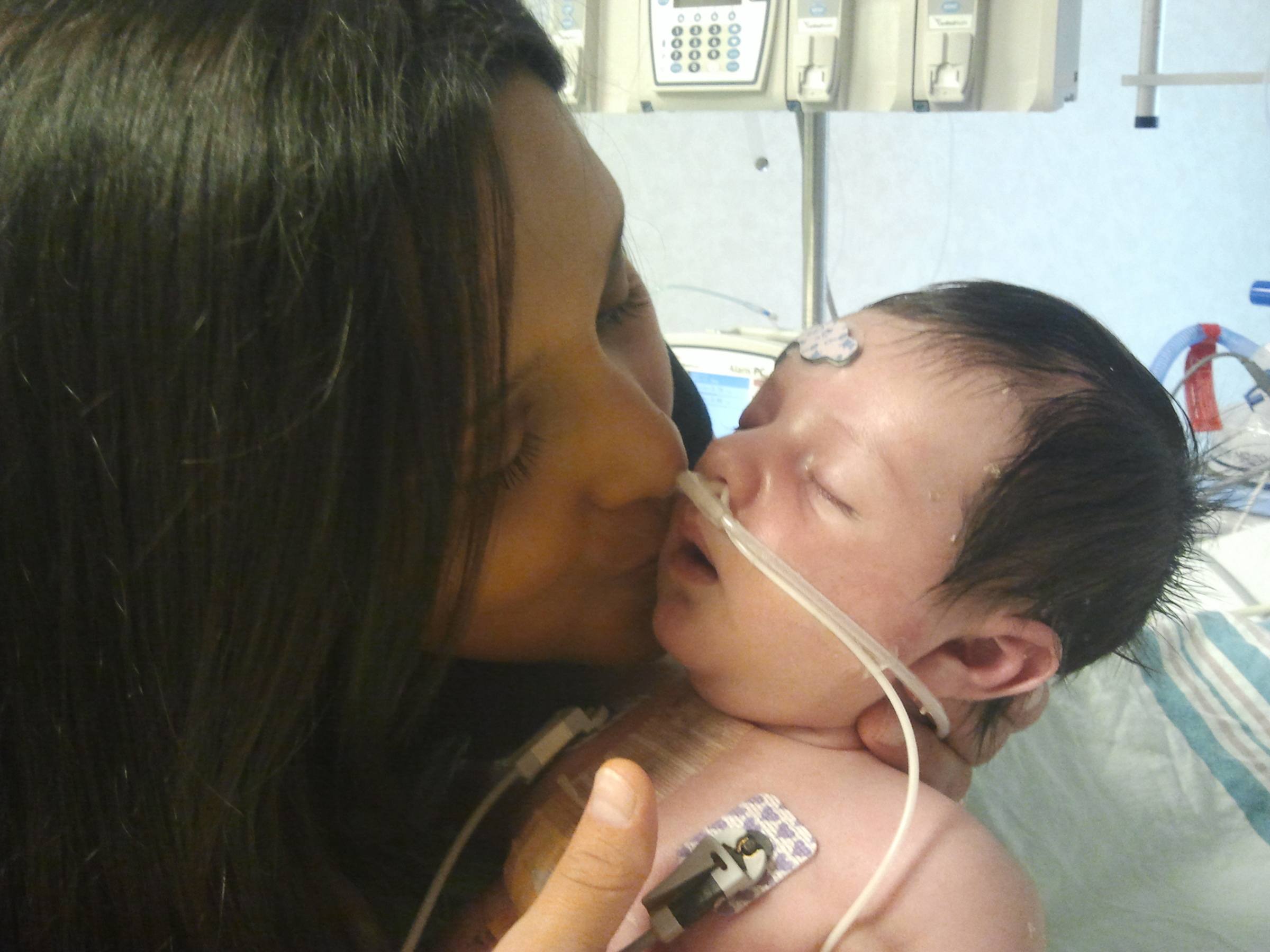
Charity Matters: What was the moment you knew you needed to act and start Saving Tiny Hearts?
Francie Paul: On August 11, 2005, we had our first child, a beautiful baby boy named Joshua Bennett Paul. My pregnancy was “normal” and the doctors reported nothing “remarkable” about it. Four hours after his birth, Joshua was rushed from the local hospital to Children’s Memorial Hospital in Chicago. Joshua was diagnosed with Severe Complex Congenital Heart Disease.
Like many parents in the same situation, we became very angry and considered litigation as a course of action. After meeting with high-profile medical malpractice attorneys, we decided this course of action was not for us. In the elevator on the way out of the attorney’s office, we called Brian’s corporate attorney to find out how to start a public charity. We wanted to channel our energy into something positive instead of negative. On September 1, 2006, the United States Internal Revenue Service officially recognized the Saving tiny Hearts Society as a tax-exempt 501(c)(3) organization
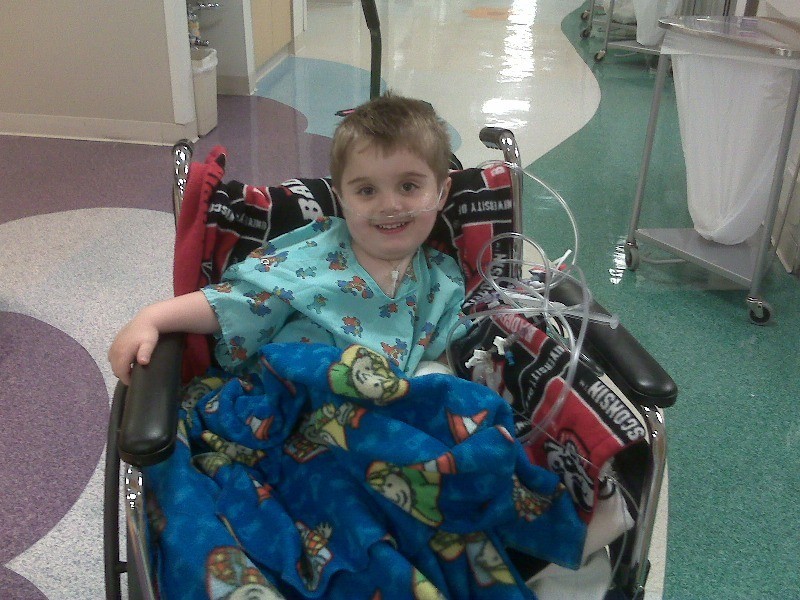
Charity Matters: What are your biggest challenges?
Francie Paul: Our challenges. I have a good friend who said it’s her first instinct not to talk about it. And I always say, if we don’t talk about it, the world won’t know that our kids need help. Right? They cannot yet fix what Joshua has. So I need medicine to catch up faster than what we’re doing. I wish people knew that the research we fund could save their aunt’s life, their mother’s life, and could save their life
Joshua’s heart surgeries are a direct result of ongoing research. There are not yet adult survivors that have had his heart surgery versions. So like every year is a blessing and every year is also a race against the clock for me. I feel like I could shout to the world and say, “Everybody if you knew how much of your money directly goes to the scientists that our medical advisory board decides?” They only pick what is most worthy for Saving Tiny Hearts grants. If people knew that their money went to actually change the world, by changing medicine and science. How remarkable the future could be.
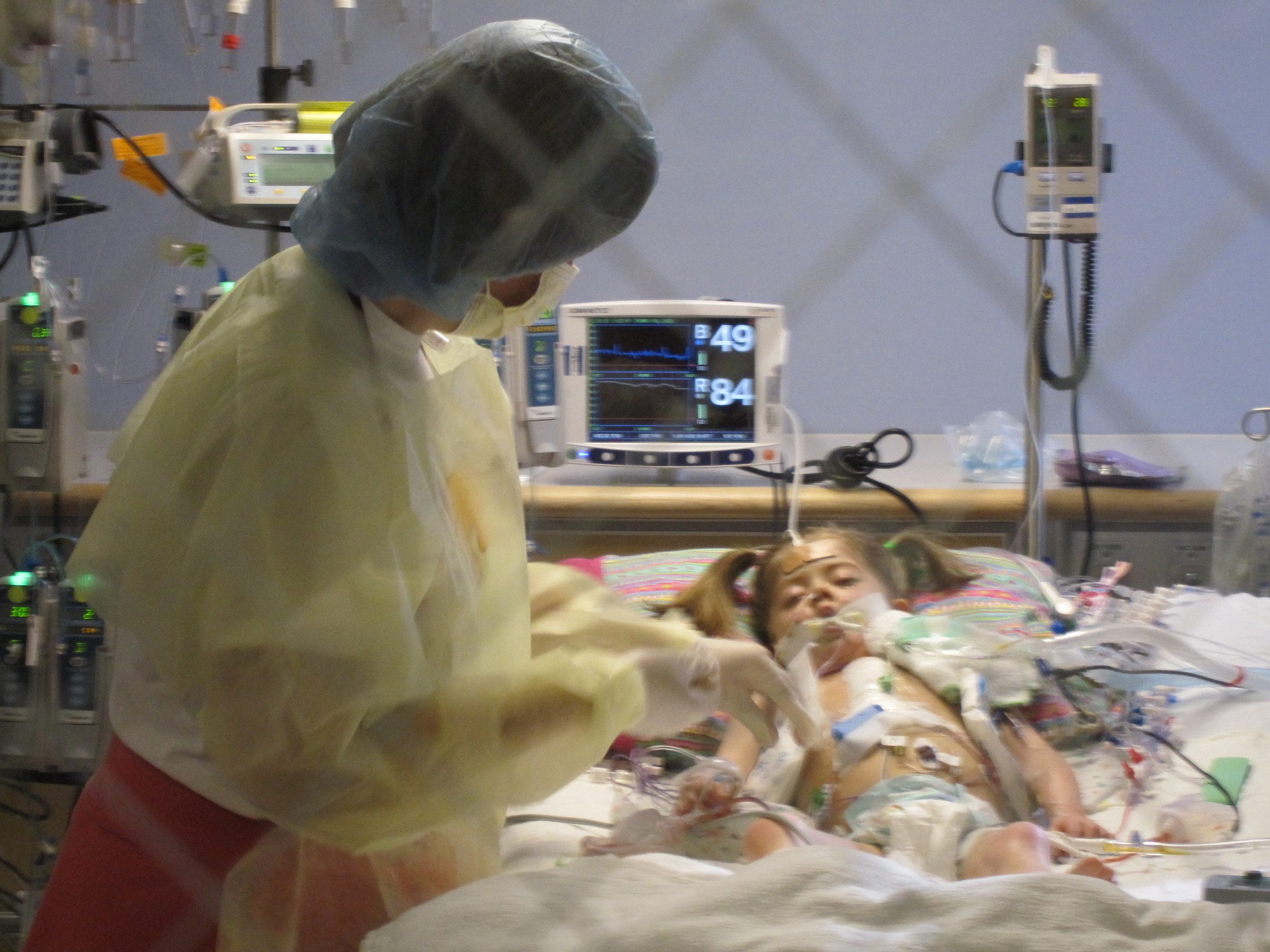
Charity Matters: What fuels you to keep doing this work?
Larry Kluge: Our motivation remains the same year after year, month after month, day after day, as we struggle to get the word out and raise those urgently needed funds to support more and more research that will ultimately save the lives of children born with CHD. Our work has just begun and will continue until we can eradicate CHD.
Charity Matters: When do you know you have made a difference?
Francie Paul: I can but I can share a quick story about a boy. His name was Gray. He collapsed on a hockey rink, and from sudden cardiac death. And it just so happens that one of Joshua’s CV surgery nurses was there. So she ran and people were trying to do CPR. She said,” Call 911 Get me the AED.” She did CPR on him using the AED and saved his life.
We had Gray come to our gala and it happened to be his high school homecoming, so he brought his date. Gray got up there at our gala and said, “You know, I’m one in a million kids this happens to.” That night we also had a doctor come up whose research we funded. And the doctor said to Gray, ” You’re not one in a million. This happens more than you realize. But I’m coming up with a study that will prevent it from happening to kids just like you.”
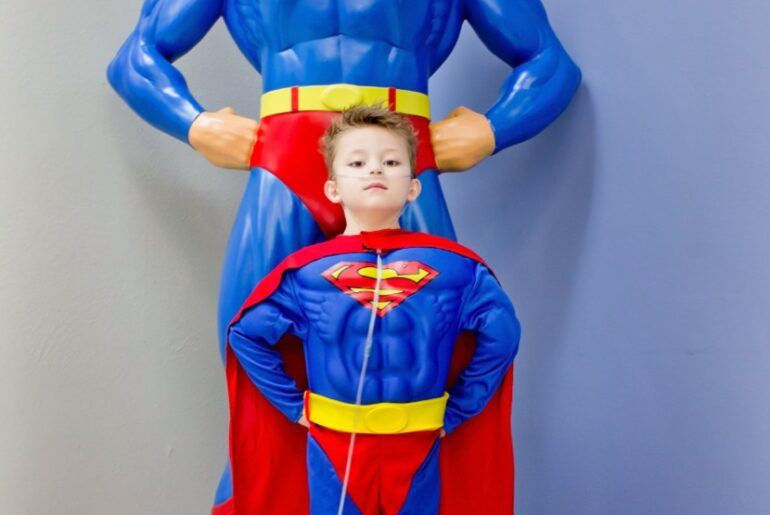
Charity Matters: Tell us what success you have had and what your impact has been?
Larry Kluge: Success is continuing since 2006 on our mission to fund life-saving research. Sixteen years have gone by and we are still here committed to raising funds to support life-saving research. Our Medical Advisory Board continues to review and evaluate all the grants that we receive year after year and determines which ones are most worthy of our funding efforts. We have raised over 6 million dollars and funded 60 research projects. Many of the research projects funded have already made a difference in the lives of children born with CHD. Not only children but today after funding the development of a heart in a lab, an adult has received the first heart transplant from a pig which stemmed from research we have funded.
Charity Matters: If you could dream any dream for your organization, what would that be?
Francie Paul: To eradicate CHD. To have a world filled with healthy children never to be born again and suffer from CHD. Live long and healthy lives without fear or restrictions.
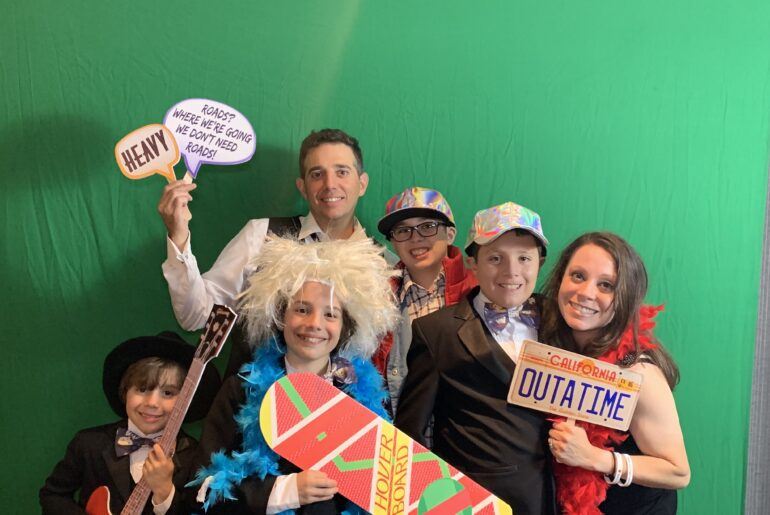
Charity Matters: What life lessons have you learned from this experience?
Francie Paul: It’s been a humbling journey. And I think, through those moments of heartache, you see the goodness in people. I think you see the goodness and the true heart and passion in people. When somebody raises money for research for us, and my baby was given a chance… And I can only dream about what the future will be like because of everybody’s helping everybody. Really when everyone comes together it is just the best. And just, I feel like the best is yet to come. And for lack of a better way of saying it, I only dream for it to only be bigger and better.
Charity Matters: How has this journey changed you?
Larry Kluge: Recognizing how fortunate we are and how we can be of help to others is what we strive for day after day. My personal commitment is to make a difference in someone’s life every day. To put a smile on a child’s face, to make someone laugh, or just bring some cheer and hope to another individual is what life is all about. Making a difference.
CHARITY MATTERS.
New episodes are released every Wednesday! If you enjoyed today’s episode, please connect with us:
- www.Charity-Matters.com
- On IG @Charitymatters
- Post a screenshot & key takeaway on your IG story and tag me @heidijohnsonoffical and @Charitymatters so we can repost you.
- Leave a positive review on Apple Podcasts
- Subscribe to new episodes each week!
YOUR REFERRAL IS THE GREATEST COMPLIMENT, IF YOU ARE SO MOVED OR INSPIRED, WE WOULD LOVE YOU TO SHARE AND INSPIRE ANOTHER.
Copyright © 2022 Charity Matters. This article may not be reproduced without explicit written permission; if you are not reading this in your newsreader, the site you are viewing is illegally infringing our copyright. We would be grateful if you contact us.

